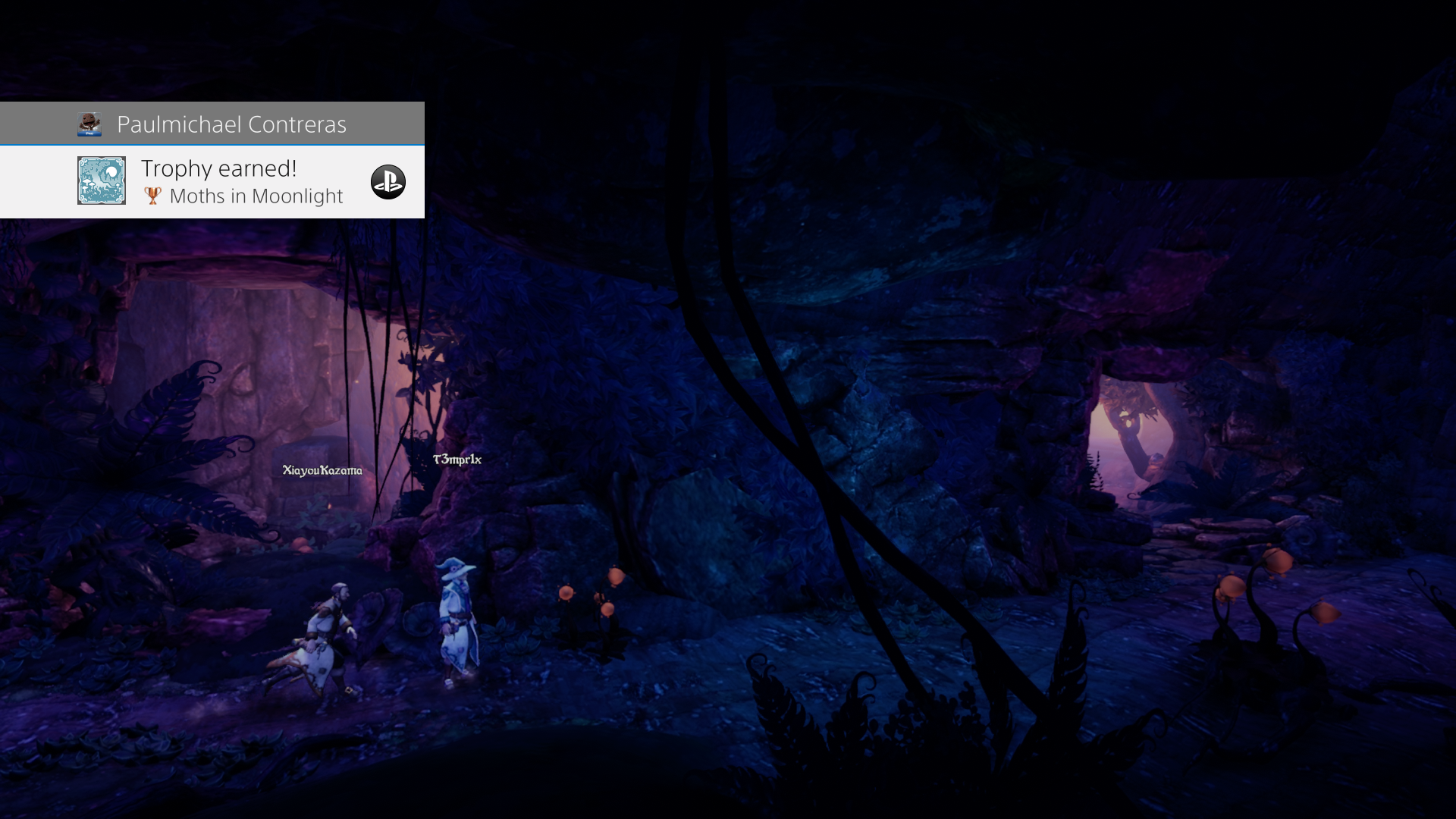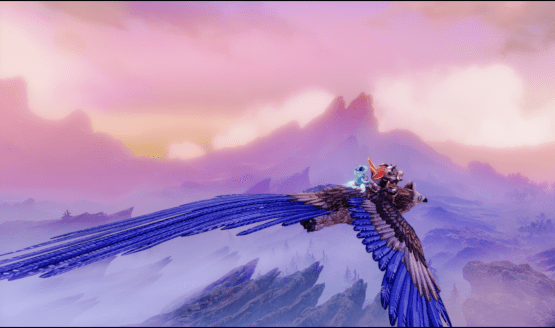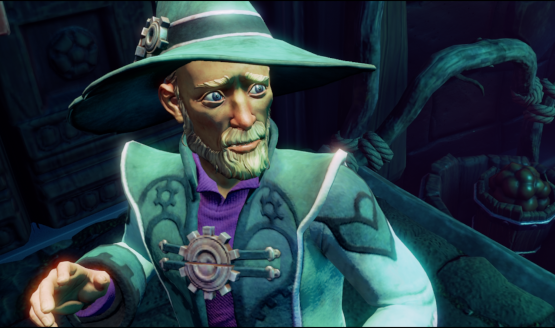For a while there, the fate of Trine 4 was unknown. Developer Frozenbyte gambled big with Trine 3’s ambitious 3D goals, but sadly the game proved prohibitively expensive to produce. Almost four years later, Trine 4 has released, and it has returned the series to its 2.5D roots. Was this the right move?
A Familiar Setup
Trine 4 continues in its predecessors’ footsteps, and tasks the player with solving puzzles while playing as three characters who can be swapped in and out at will. The story revolves around the three heroes working together to overcome obstacles, and in this case to stop a prince from wreaking havoc on the world when his magical abilities begin manifesting people’s nightmares into the real world. There is the same charming narrator as has been present in all Trine games thus far, while banter between the characters fills in some of the story. The entire campaign can be played solo, but co-op is the best way to play. Expect a play time of 6-12 hours depending on your own speed and experience with the series.
The Unreal Engine powers the experience, and it runs quite well. Although the game does not take advantage of the PS4 Pro, it does scale well to a 4K television. Trine has always been a good-looking series, and the return to 2.5D gives more of the graphics budget back to the environment. The world is richly detailed, and it’s easy to take your time and soak in the world as you solve puzzles and defeat enemies.
Grab a Friend or Three
Trine 4 features drop-in, drop-out local or online co-op with up to four players. An unlimited mode allows all players to assume the identity of any character at any time, while the classic mode restricts each player to one character. The unlimited mode can result in some hilarity, as people summon or smash things at will. This can both help and hurt the game’s challenges. A lot of the puzzles were designed with one iteration of each character in mind, and often times getting up to the next level only takes two boxes summoned by Amadeus, the wizard. But perhaps the point of the unlimited mode is to merely enjoy the game with friends, and not worry so much about how things are supposed to work.
Trine as a series is known for its physics-based puzzles, and they are back in full force, restricted to 2.5D of course. Things start out simply, as each of the three main playable characters are introduced. Before long, however, all three sets of skills must be used in order to progress. Most puzzles aren’t too hard and will only take a few minutes to figure out. Some, however, introduce a new mechanic that isn’t really explained prior to being seen. It feels like that is in the spirit of the Trine franchise, forcing players to experiment with everything laid out before them as they figure things out on their own. A hint system is supposed to trigger after spending a configurable amount of time on a puzzle, but during our playthrough it didn’t really trigger in any sort of obvious way. At any rate, a puzzle game that tells players exactly what to do would be better off as a platforming game, and so the lack of handholding is welcome in Trine 4.
RPG Elements
There is even a skill tree in Trine 4, which allows for players to unlock abilities for each of the three characters, such as Amadeus summoning metal spheres as opposed to cubes, or Pontius the knight being able to slam down on the ground to do bigger damage, or Zoya being able to instantly ready an arrow after she rolls. Experience is gained by picking up waterdrop-looking orbs and collecting enough of them will unlock a skill point. It’s a simple system that is used in conjunction with the regular, basic skills that each character unlocks as the game progresses. It serves as something nice for completionists to use special, enhanced abilities that aren’t necessarily required for some puzzles, but which do make them easier.
Trine 4 feels like a return to what made the series great to begin with. A beautiful world filled with challenging (but not too difficult) puzzles to solve, combined with drop-in/drop-out co-op, makes for a great game to play with friends. Some puzzles were perhaps not fully tested, but a simple reset usually rights things again. If you were a fan of the gameplay in the 2.5D Trine games, you’ll find a lot to love here.
Trine 4 review code provided by publisher. Version 1.01 reviewed on a PS4 Pro. For more information on scoring please see our Review Policy.
-
A return to form for the series
-
Local co-op for up to four players!
-
Fun physical puzzles
-
Most puzzles are easy to solve
-
Explanations of new mechanics are lacking
Trine 4 Review
-
Trine 4 Review #1

-
Trine 4 Review #2
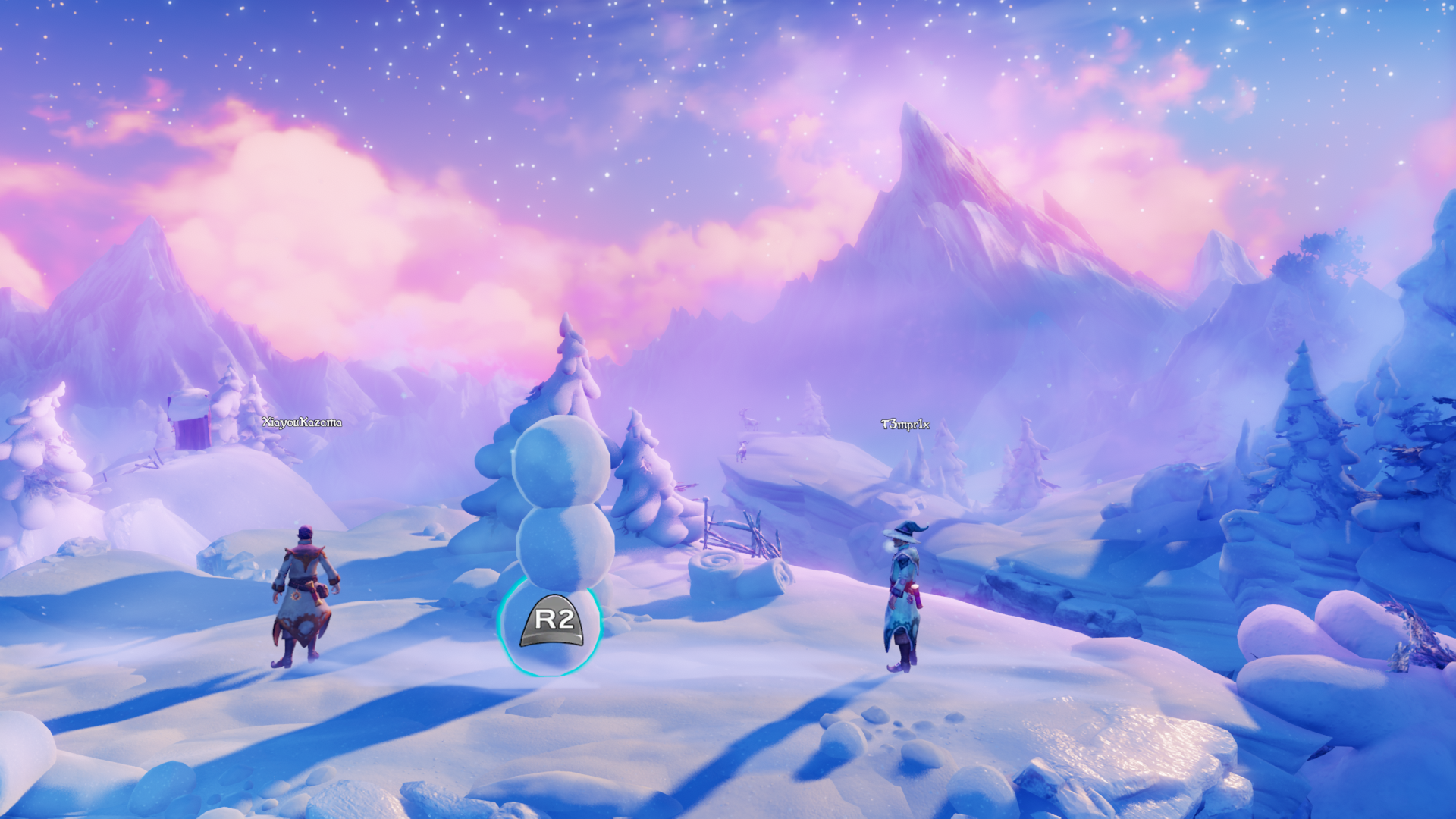
-
Trine 4 Review #3
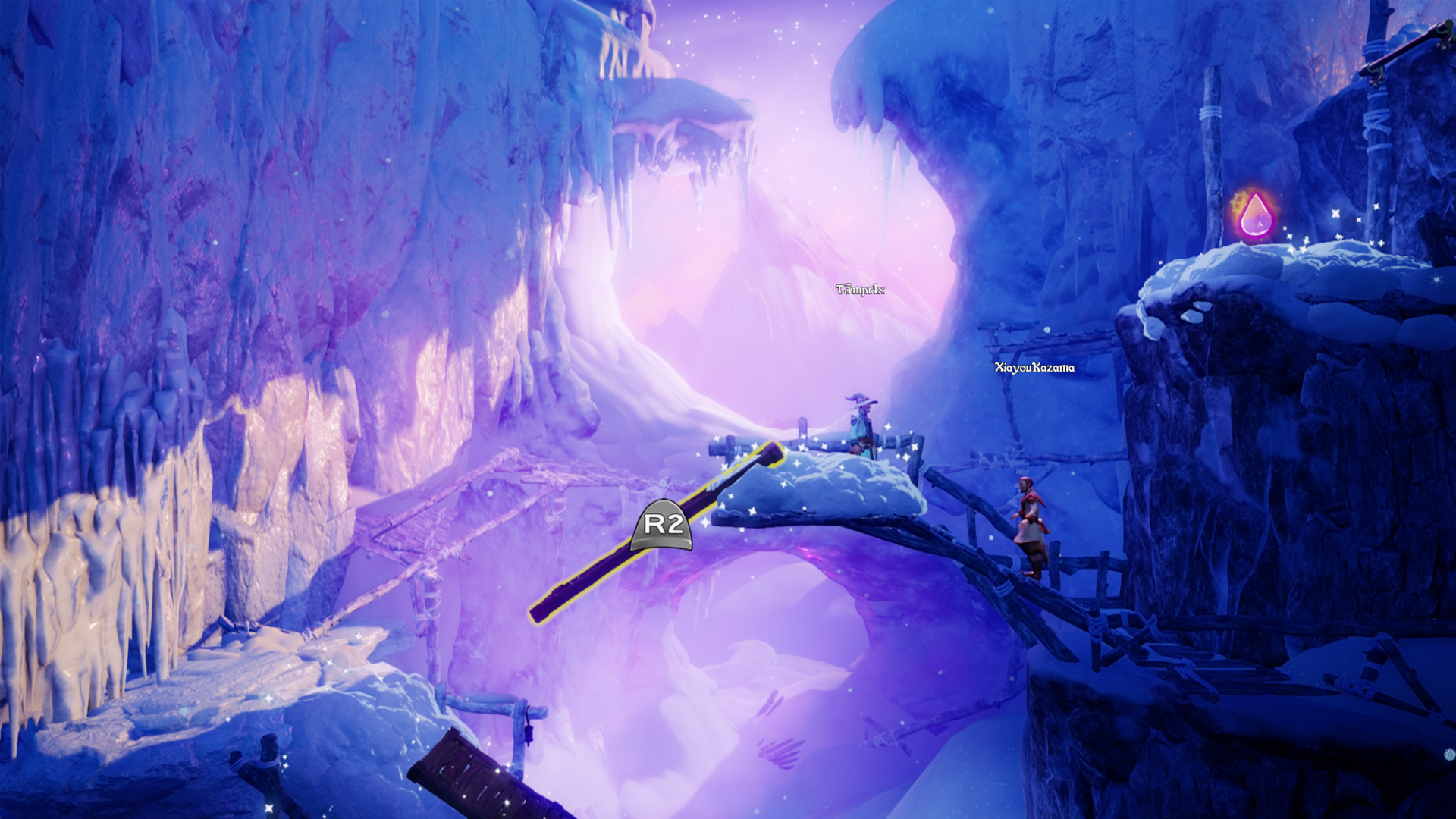
-
Trine 4 Review #4
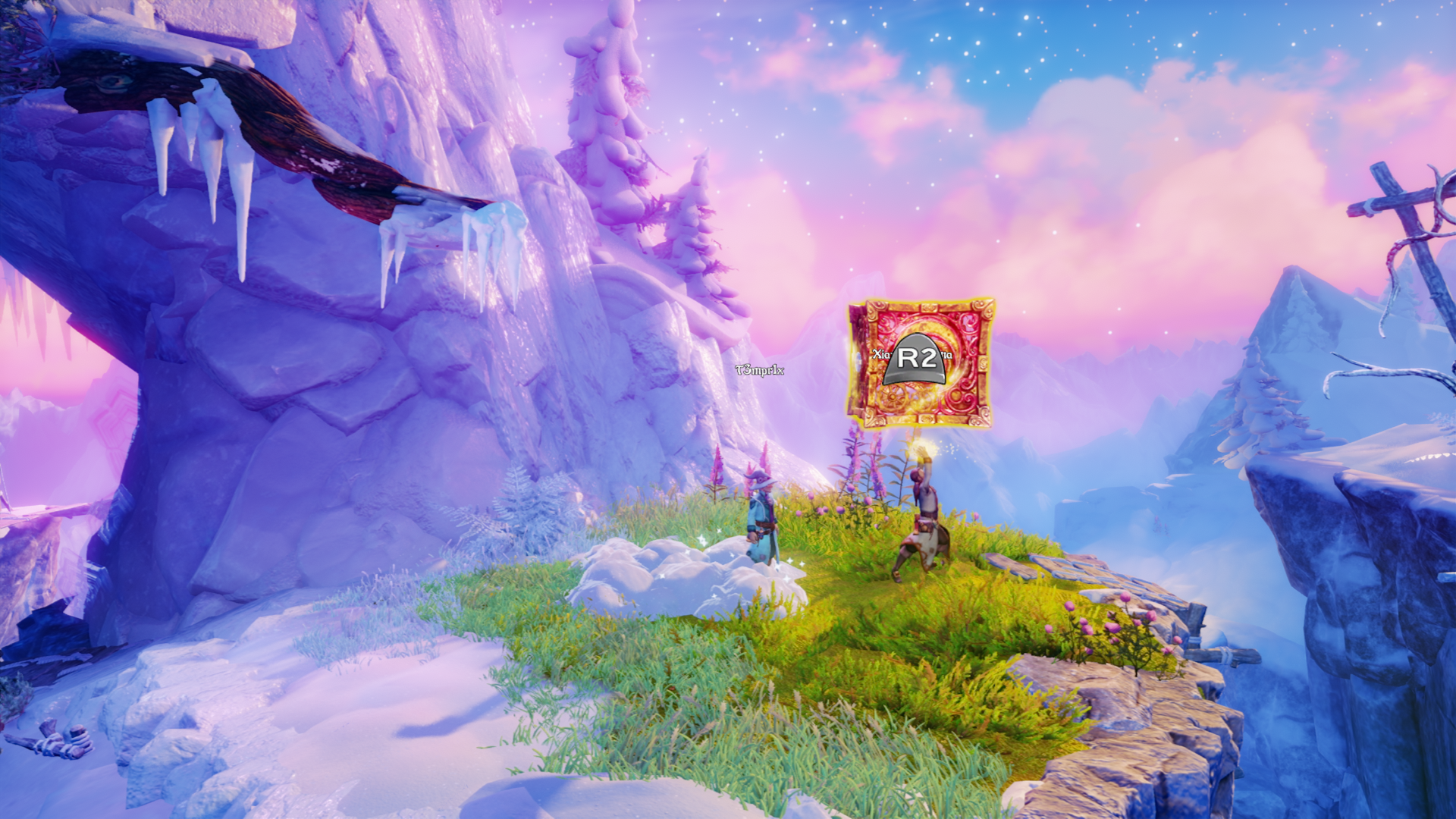
-
Trine 4 Review #5
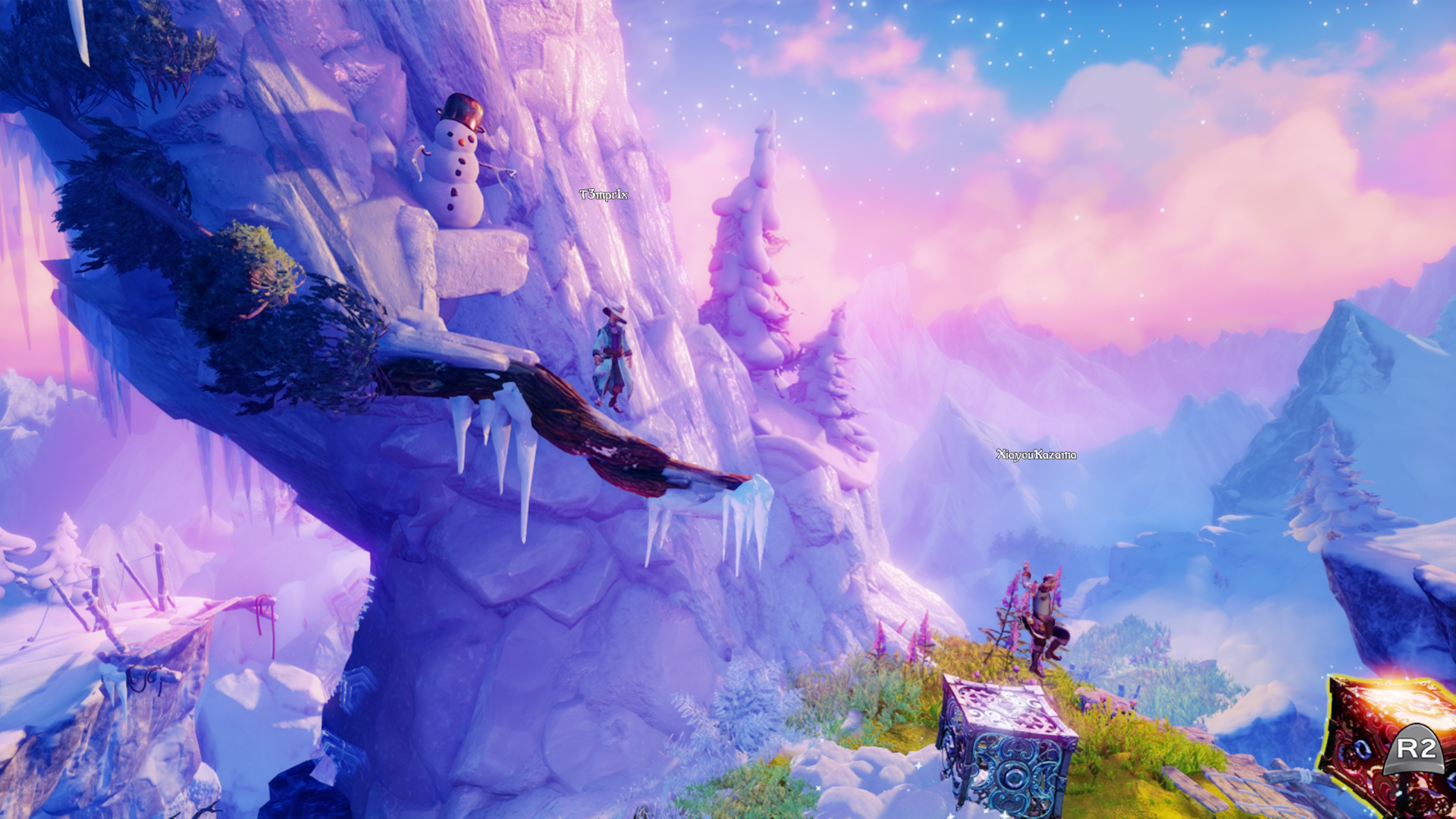
-
Trine 4 Review #6
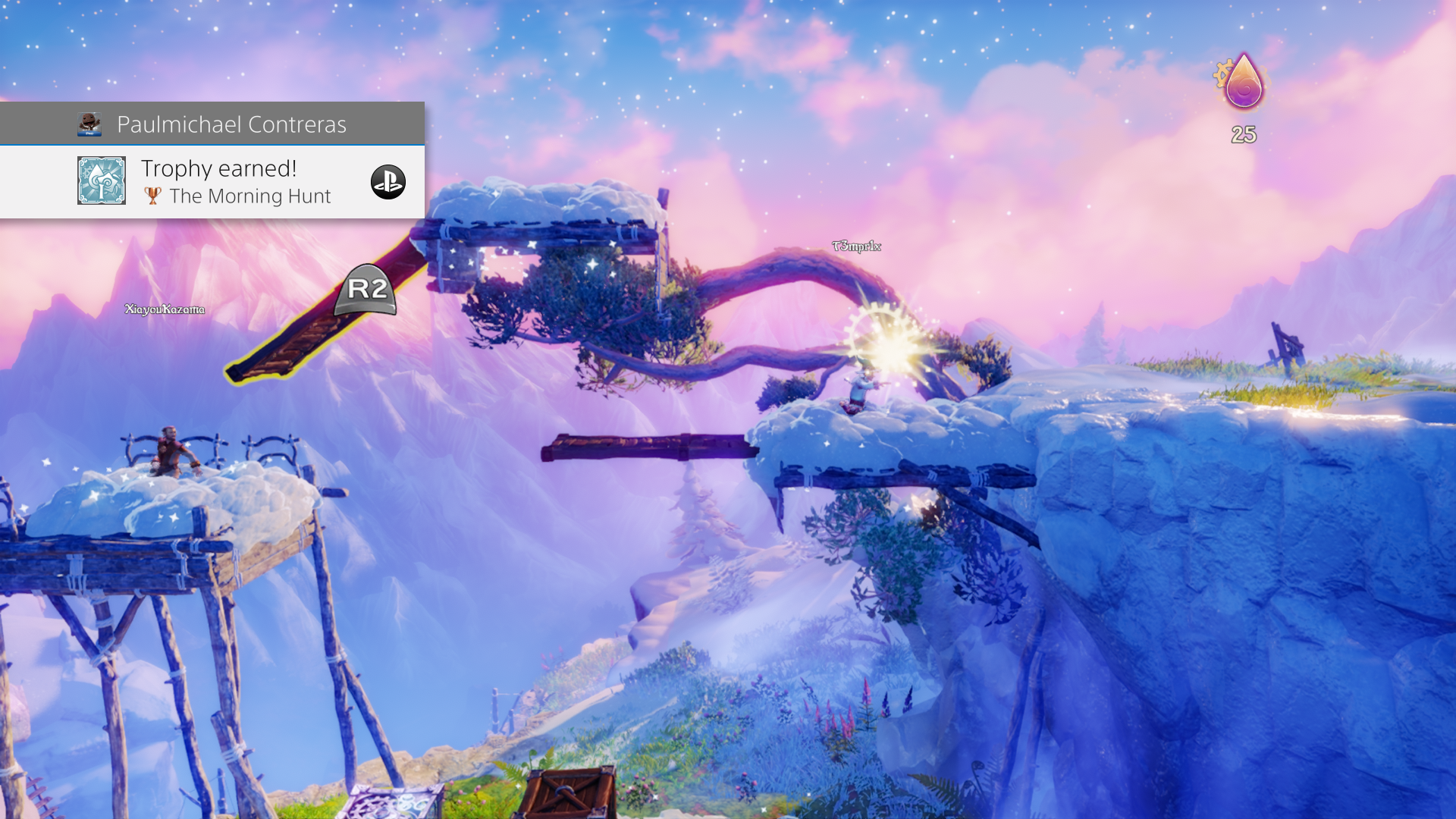
-
Trine 4 Review #7
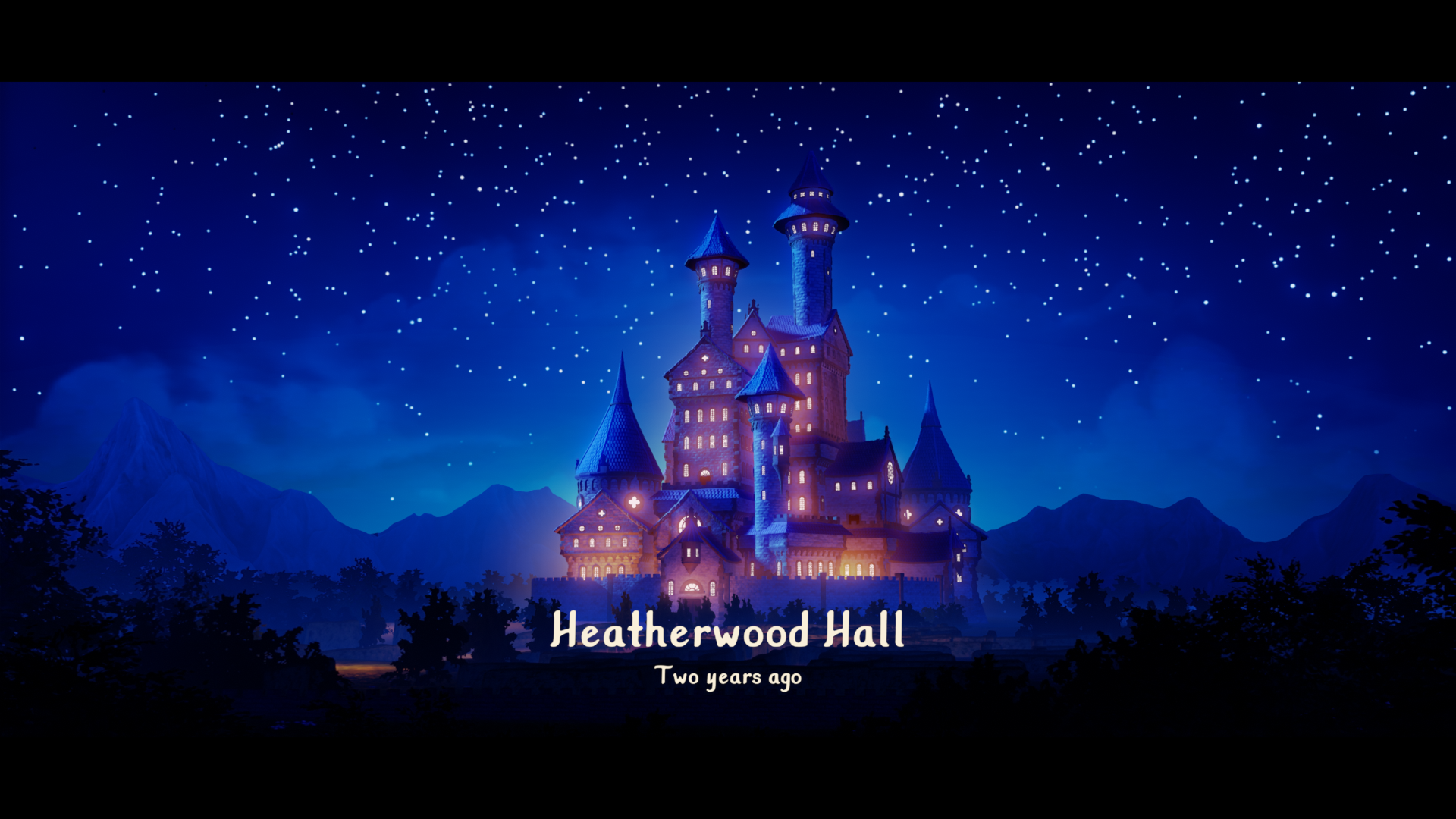
-
Trine 4 Review #8
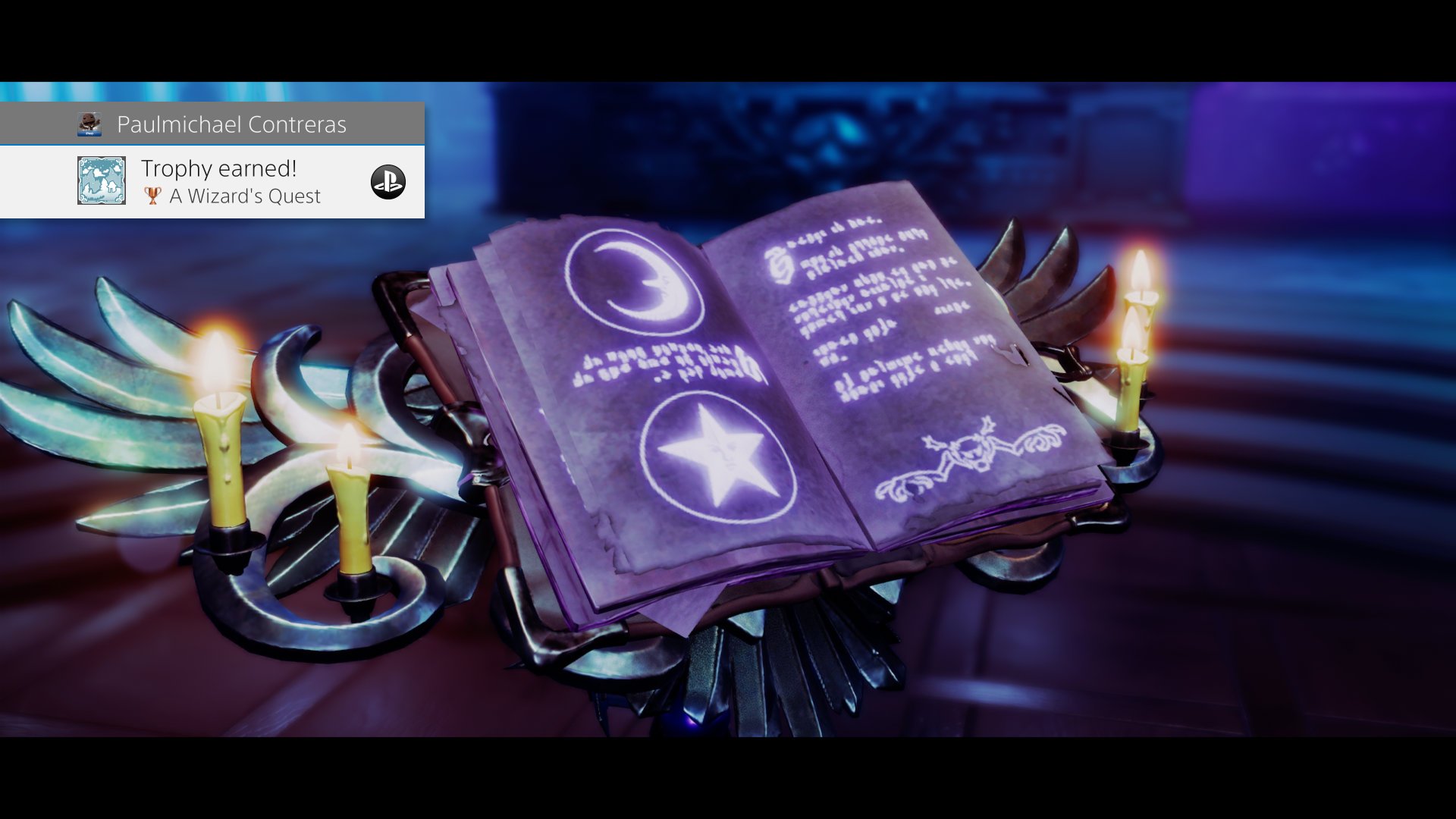
-
Trine 4 Review #9
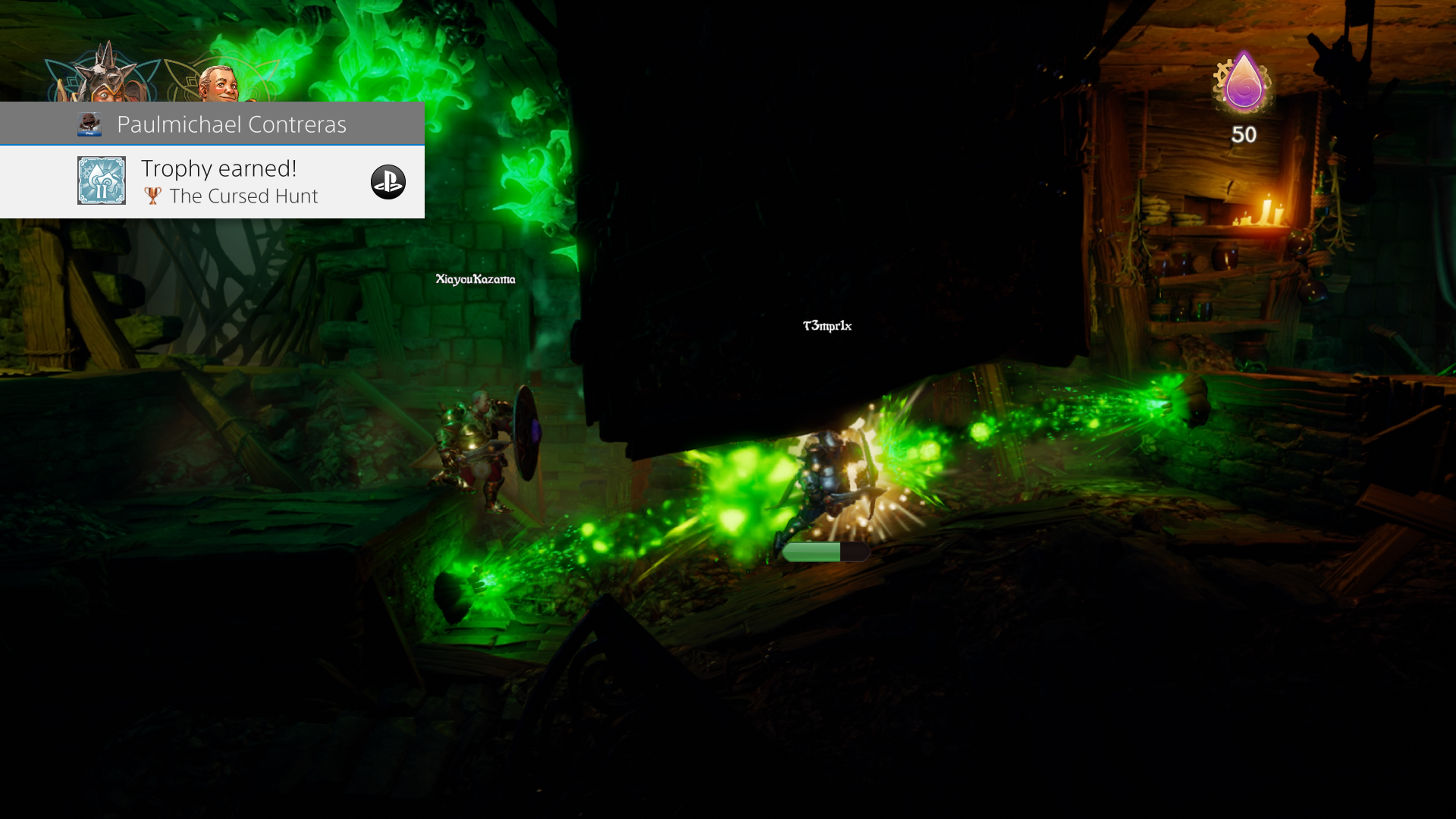
-
Trine 4 Review #10
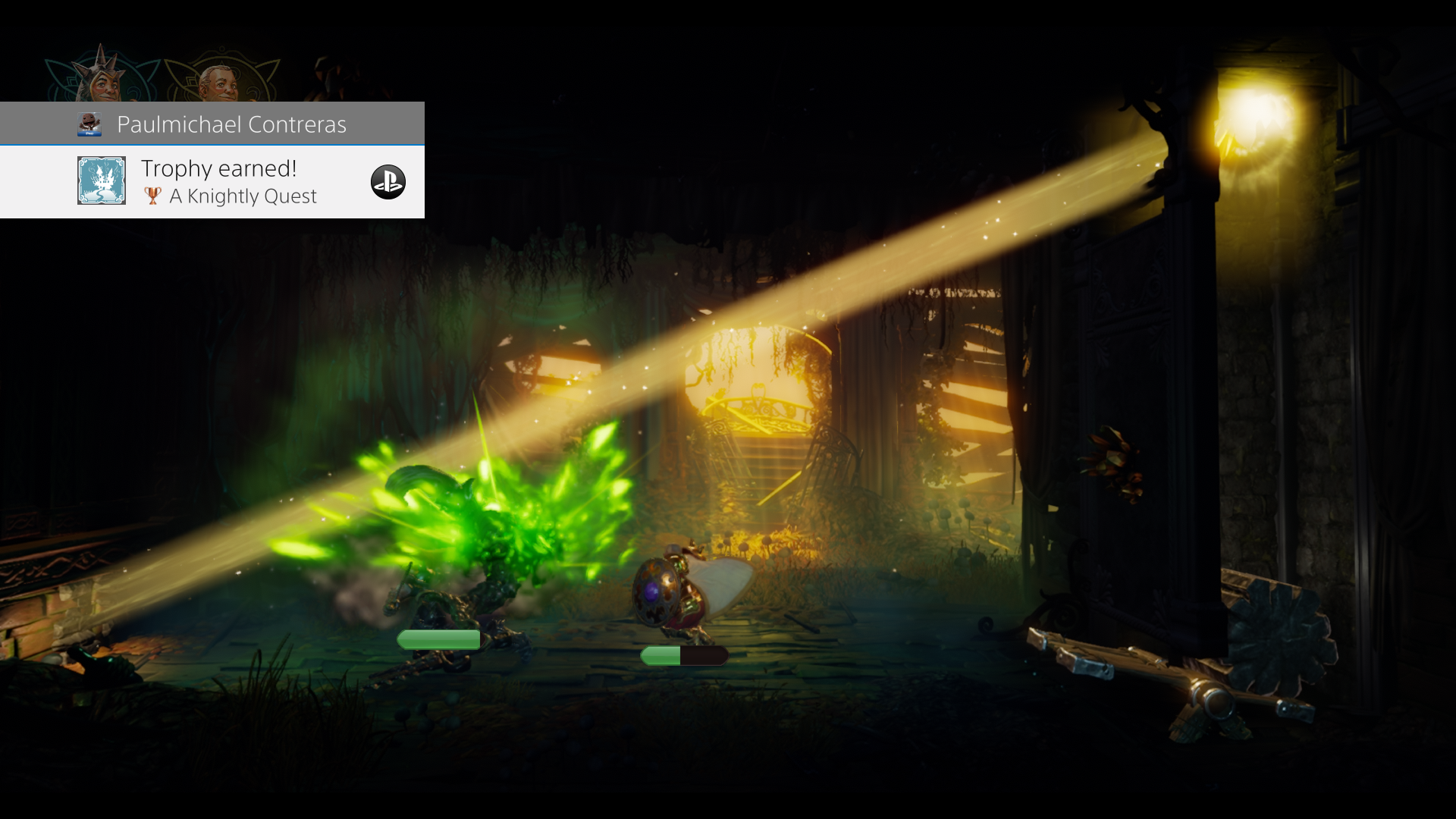
-
Trine 4 Review #11
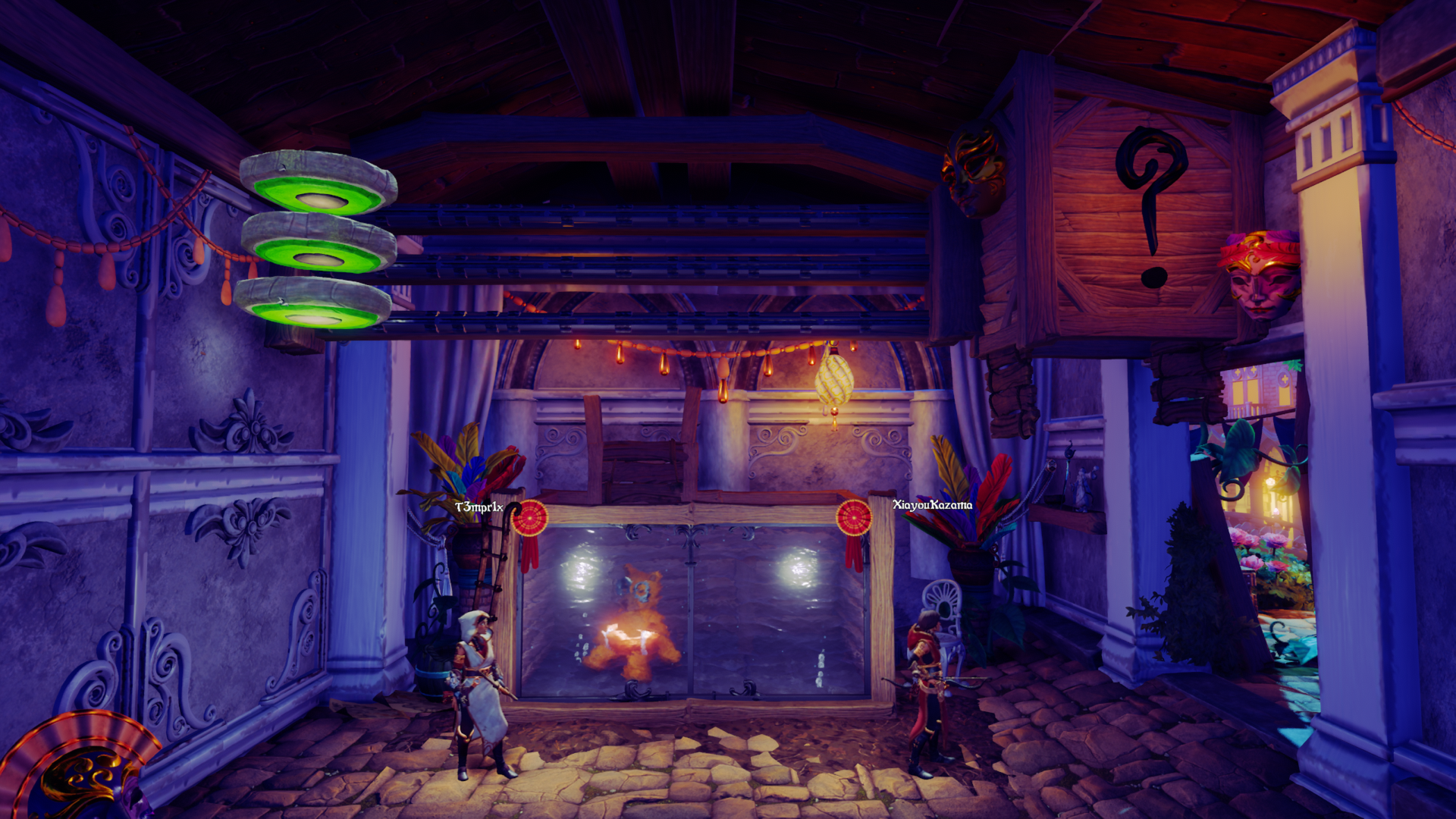
-
Trine 4 Review #12
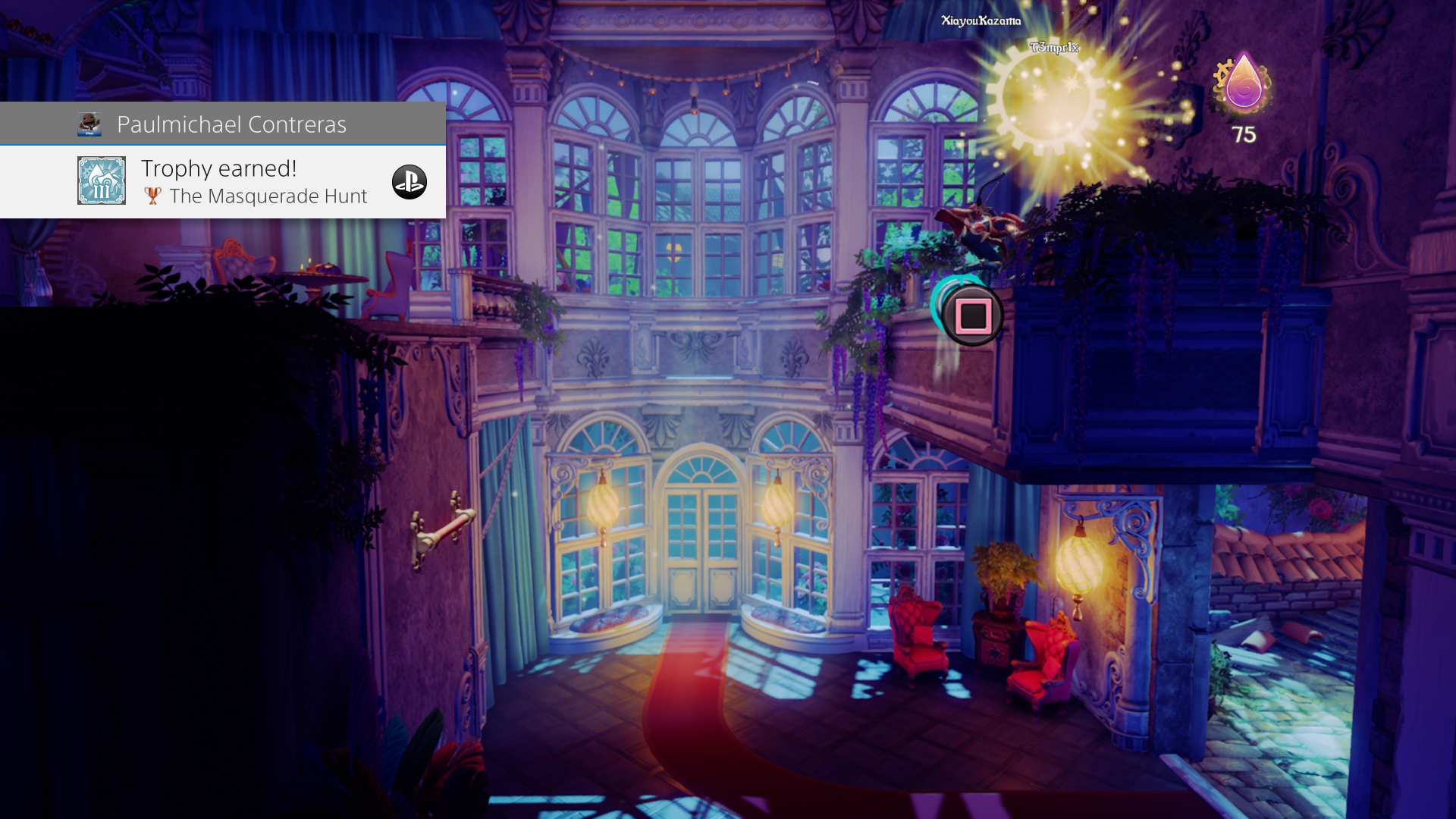
-
Trine 4 Review #13
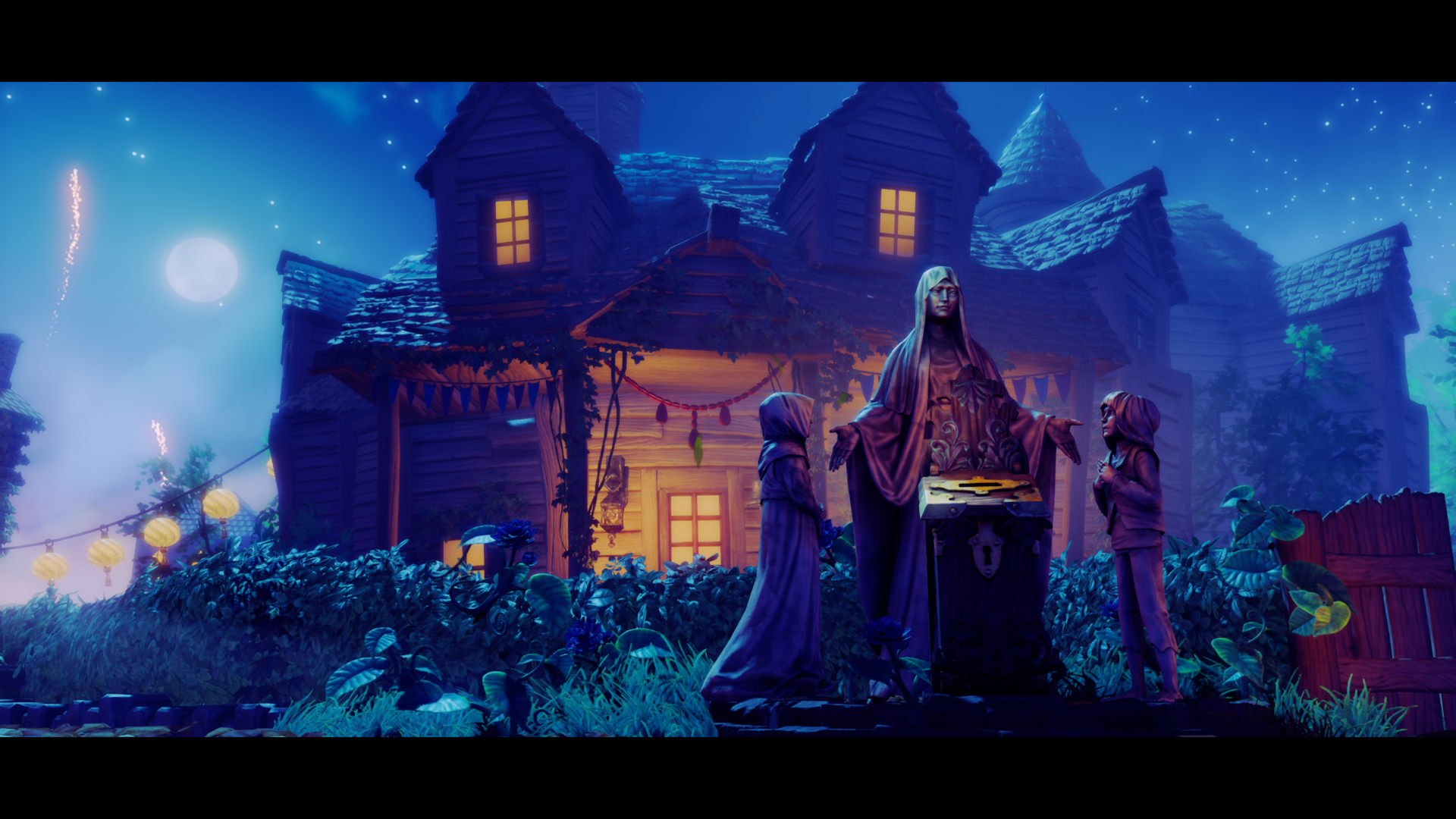
-
Trine 4 Review #14

-
Trine 4 Review #15
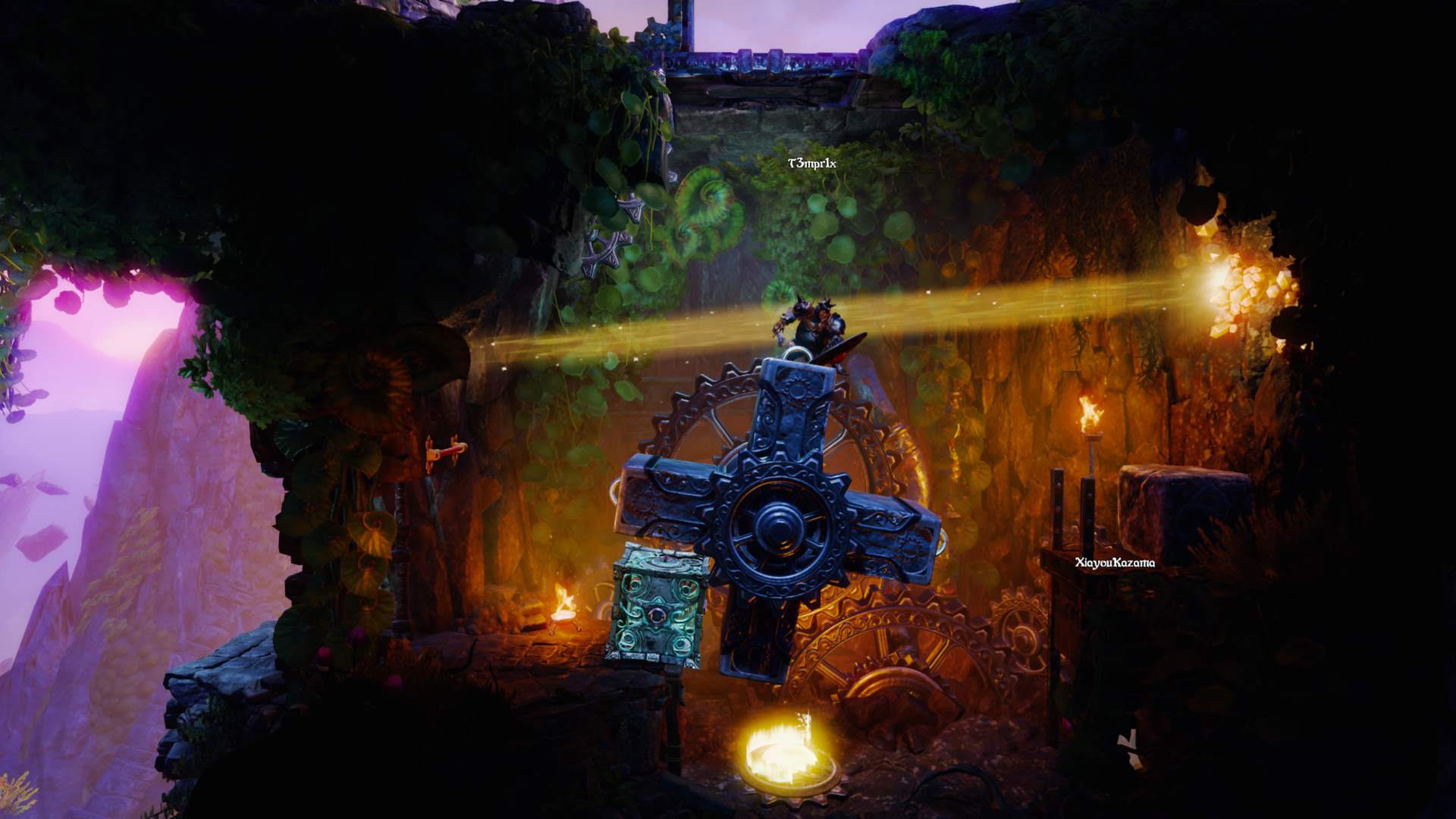
-
Trine 4 Review #16
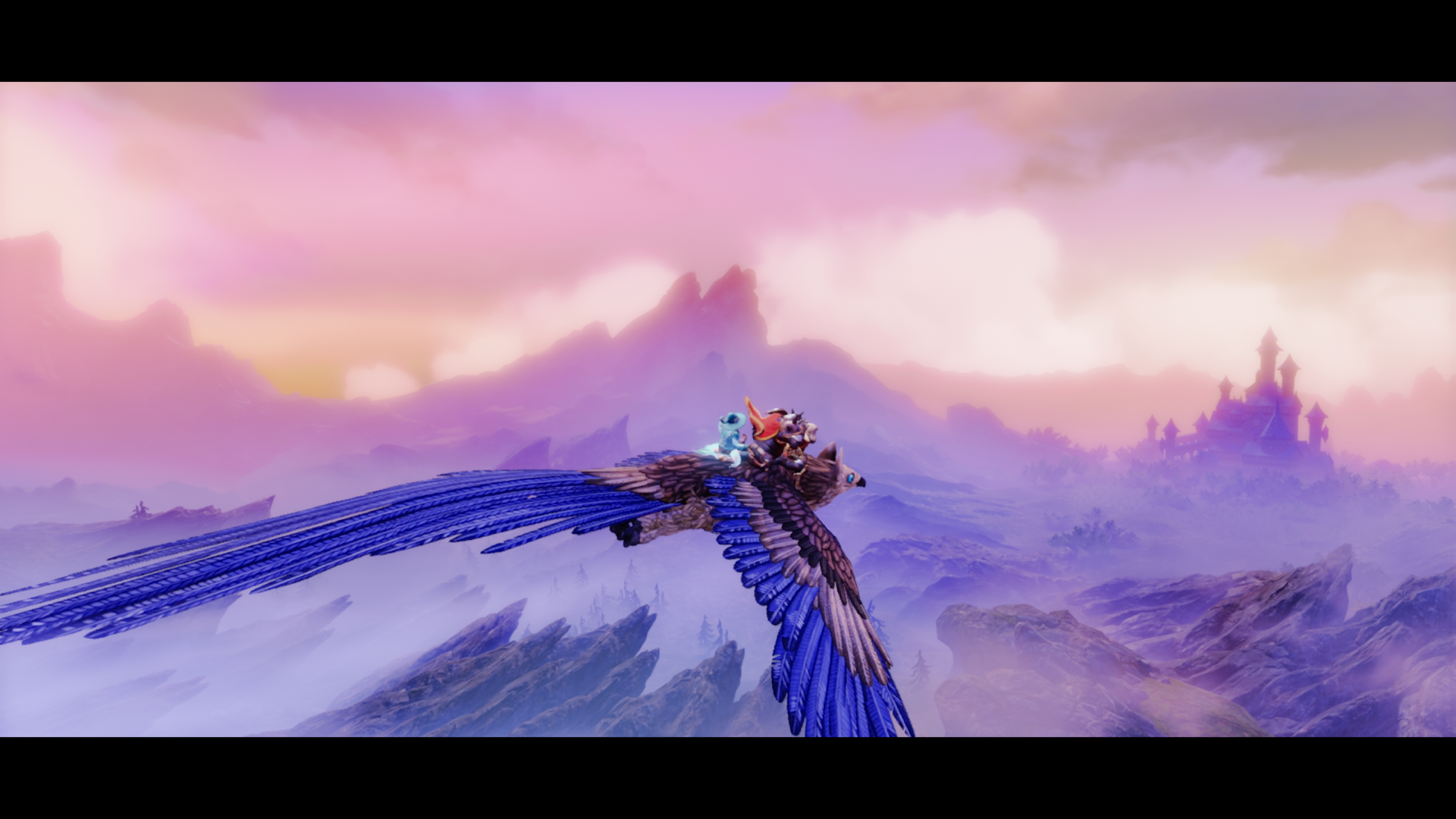
-
Trine 4 Review #17

-
Trine 4 Review #18
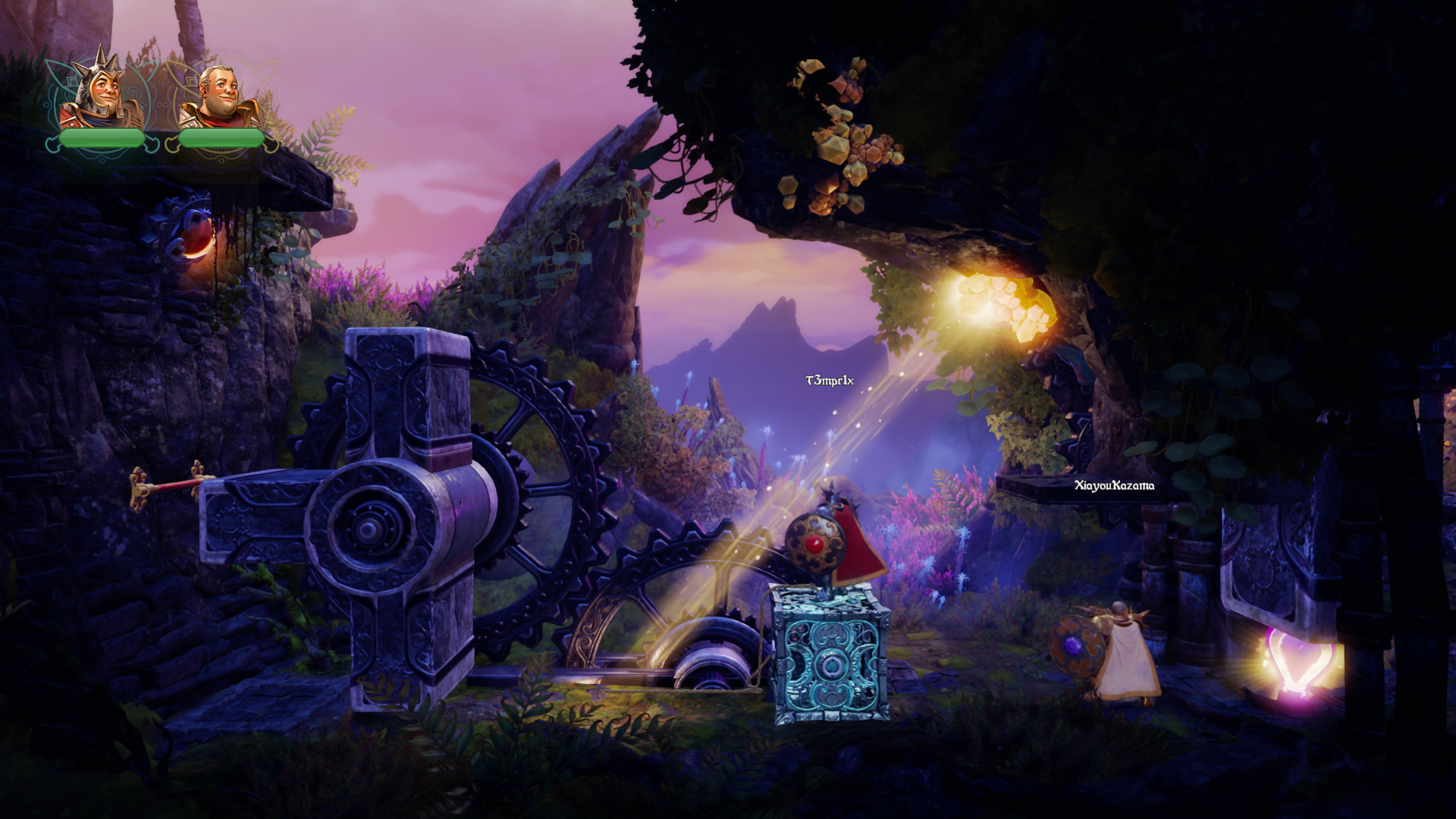
-
Trine 4 Review #19
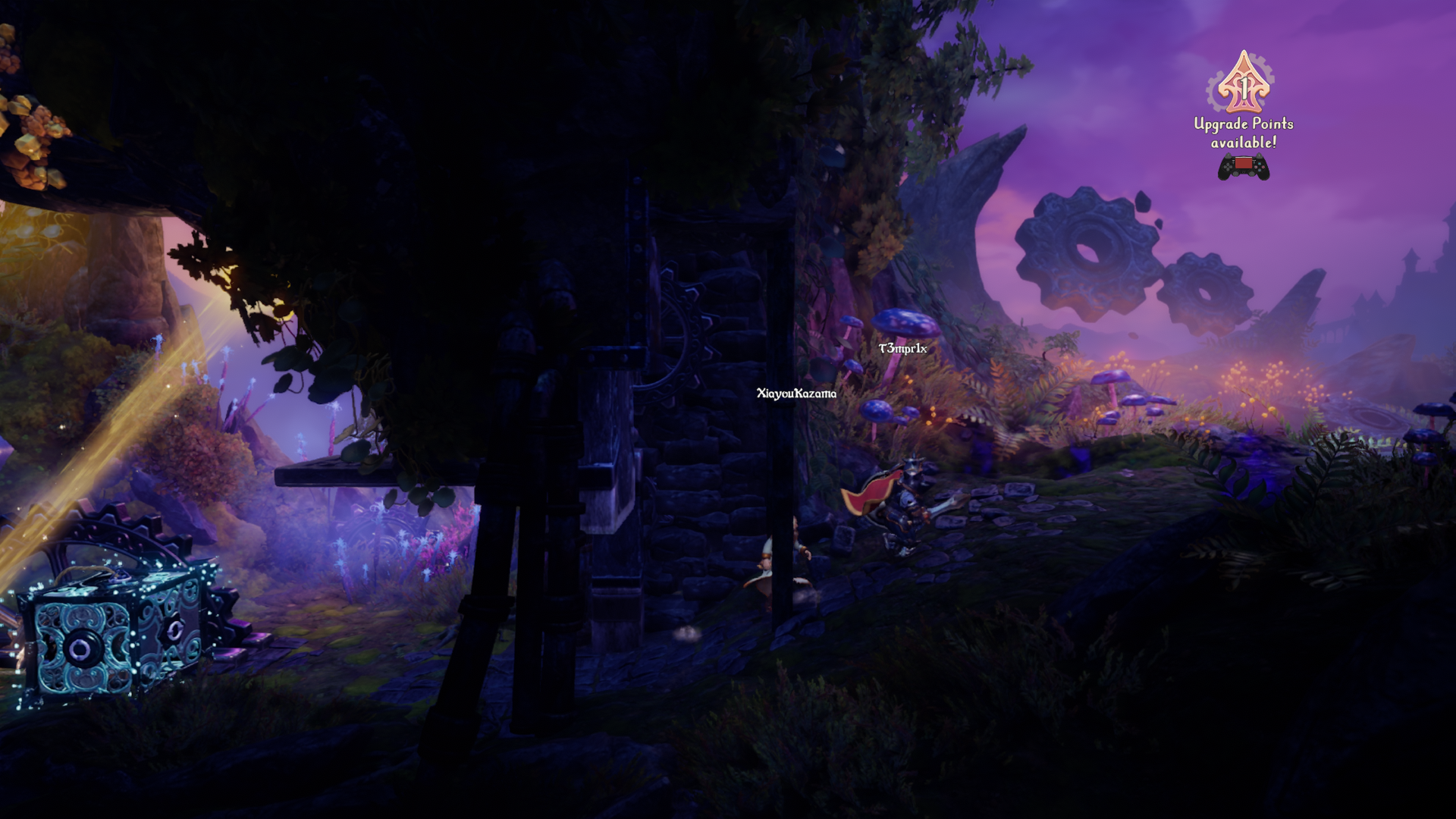
-
Trine 4 Review #20
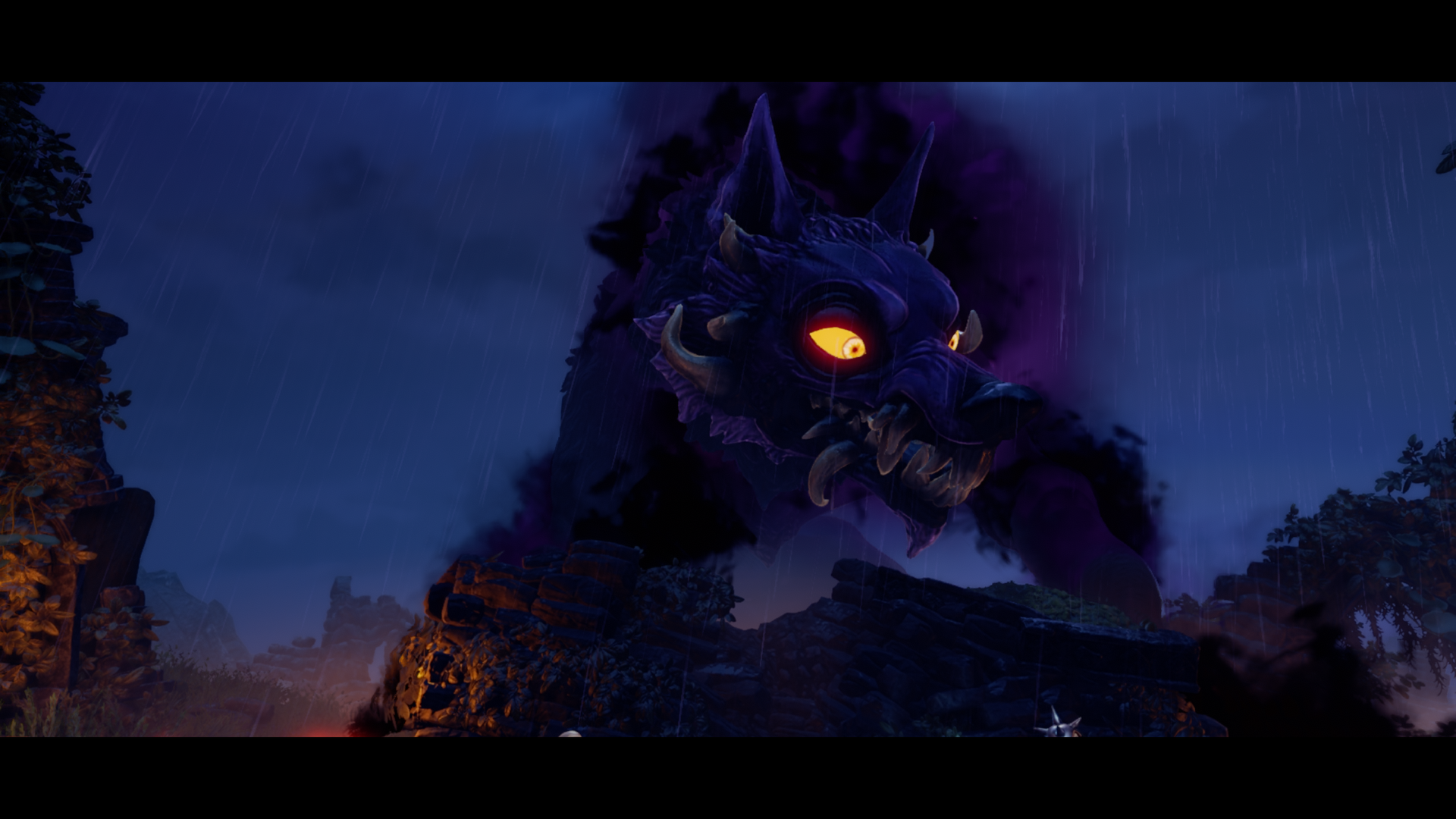
-
Trine 4 Review #21

-
Trine 4 Review #22
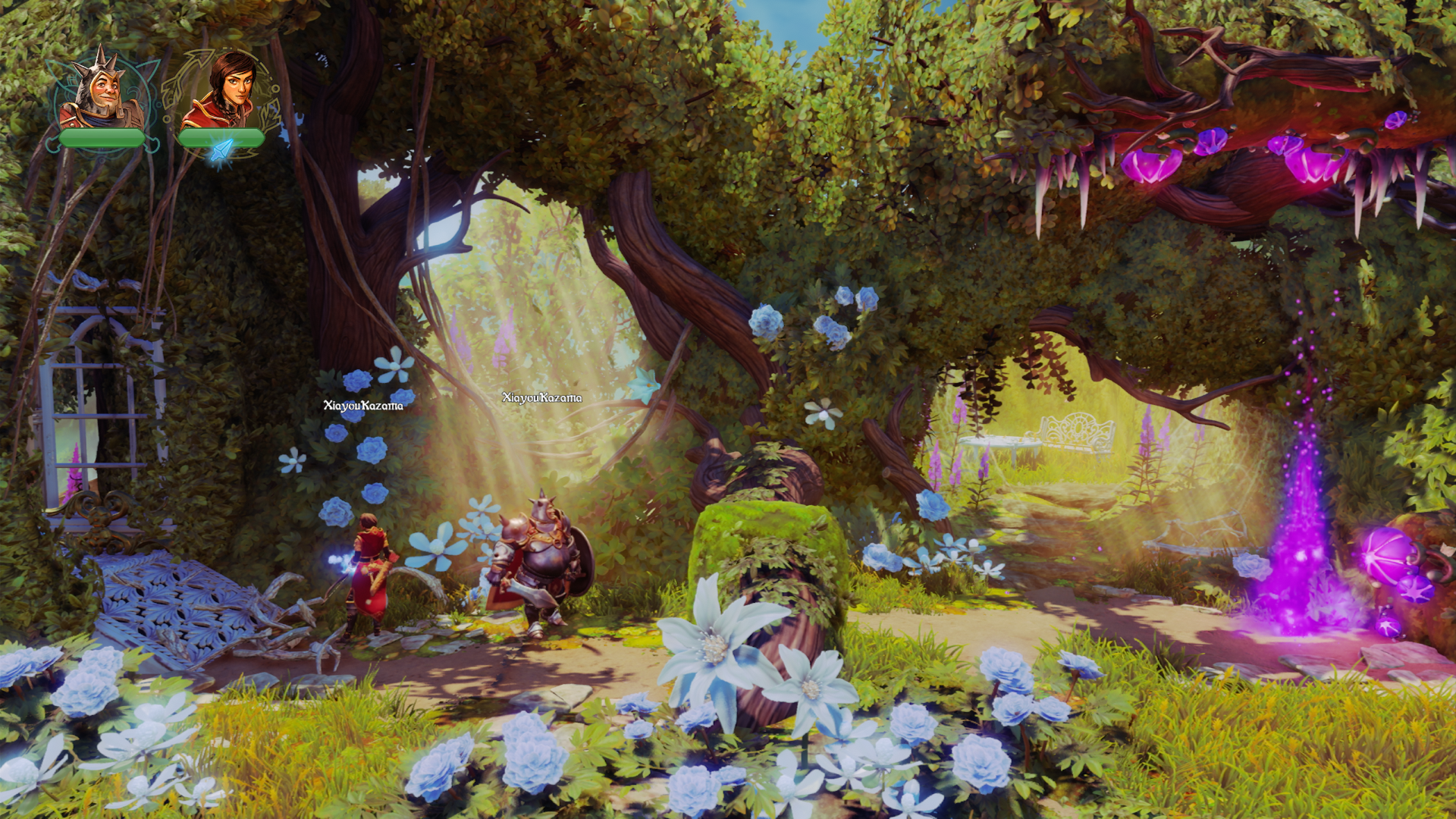
-
Trine 4 Review #23
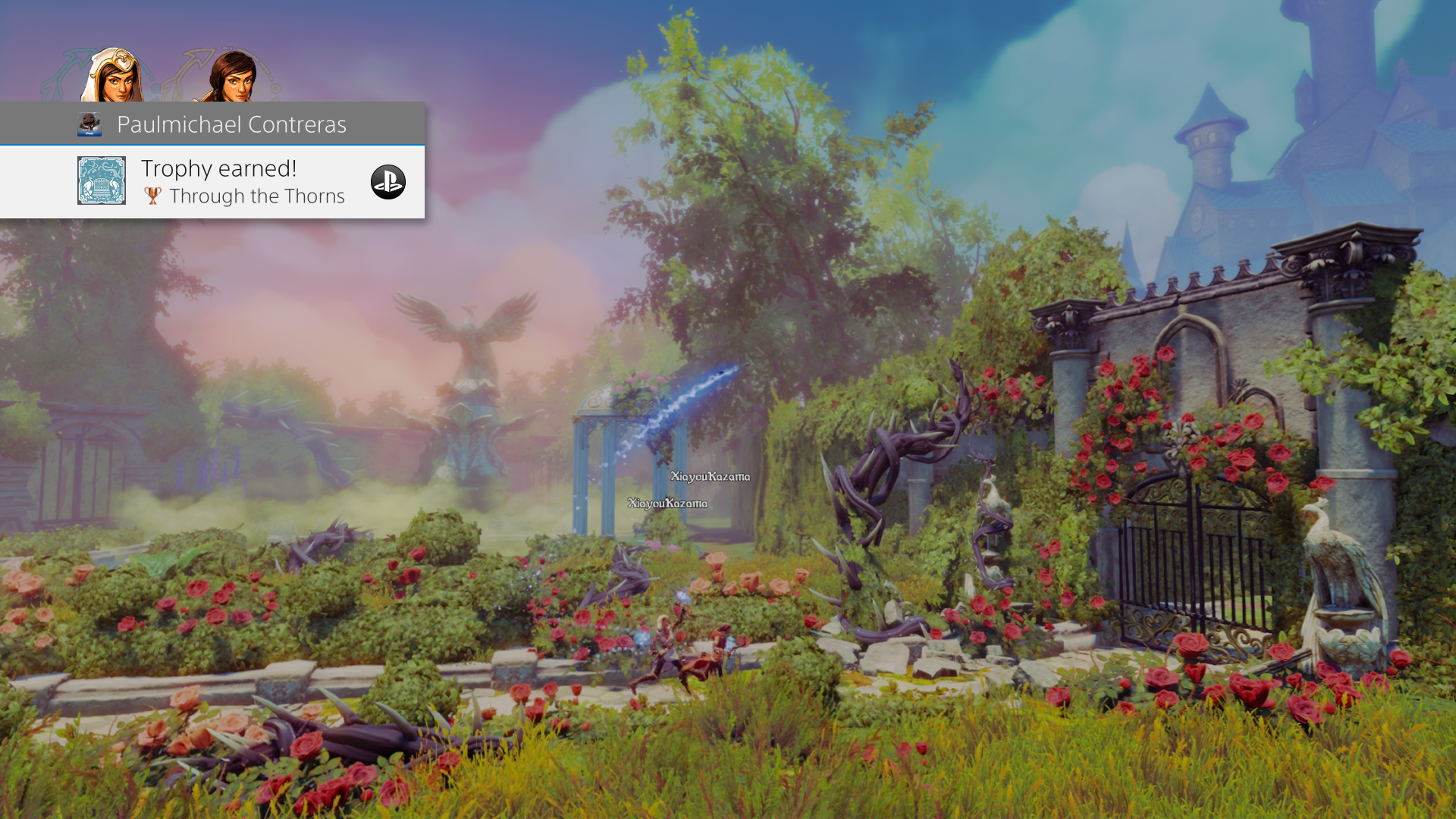
-
Trine 4 Review #24
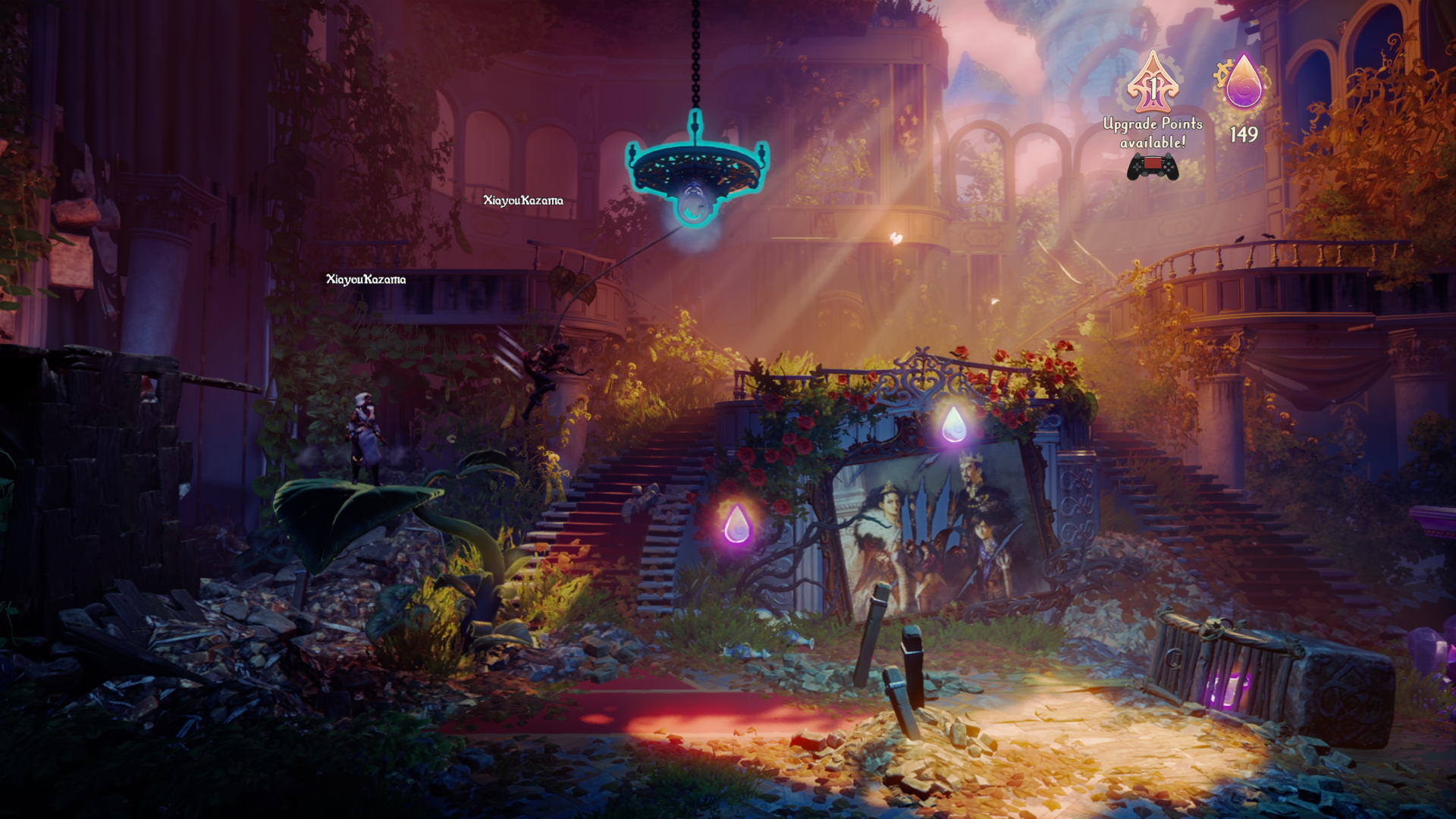
-
Trine 4 Review #25
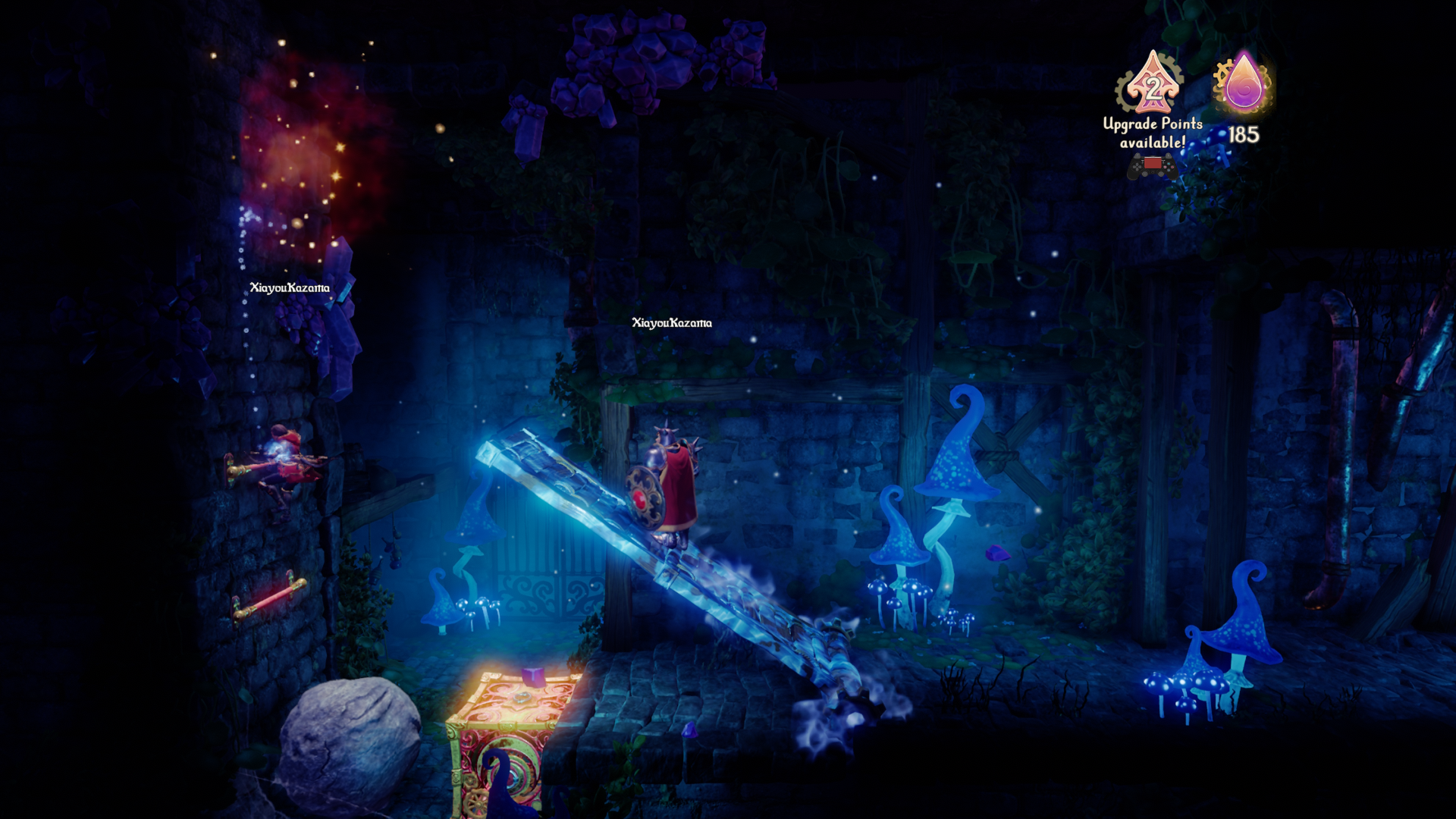
-
Trine 4 Review #26
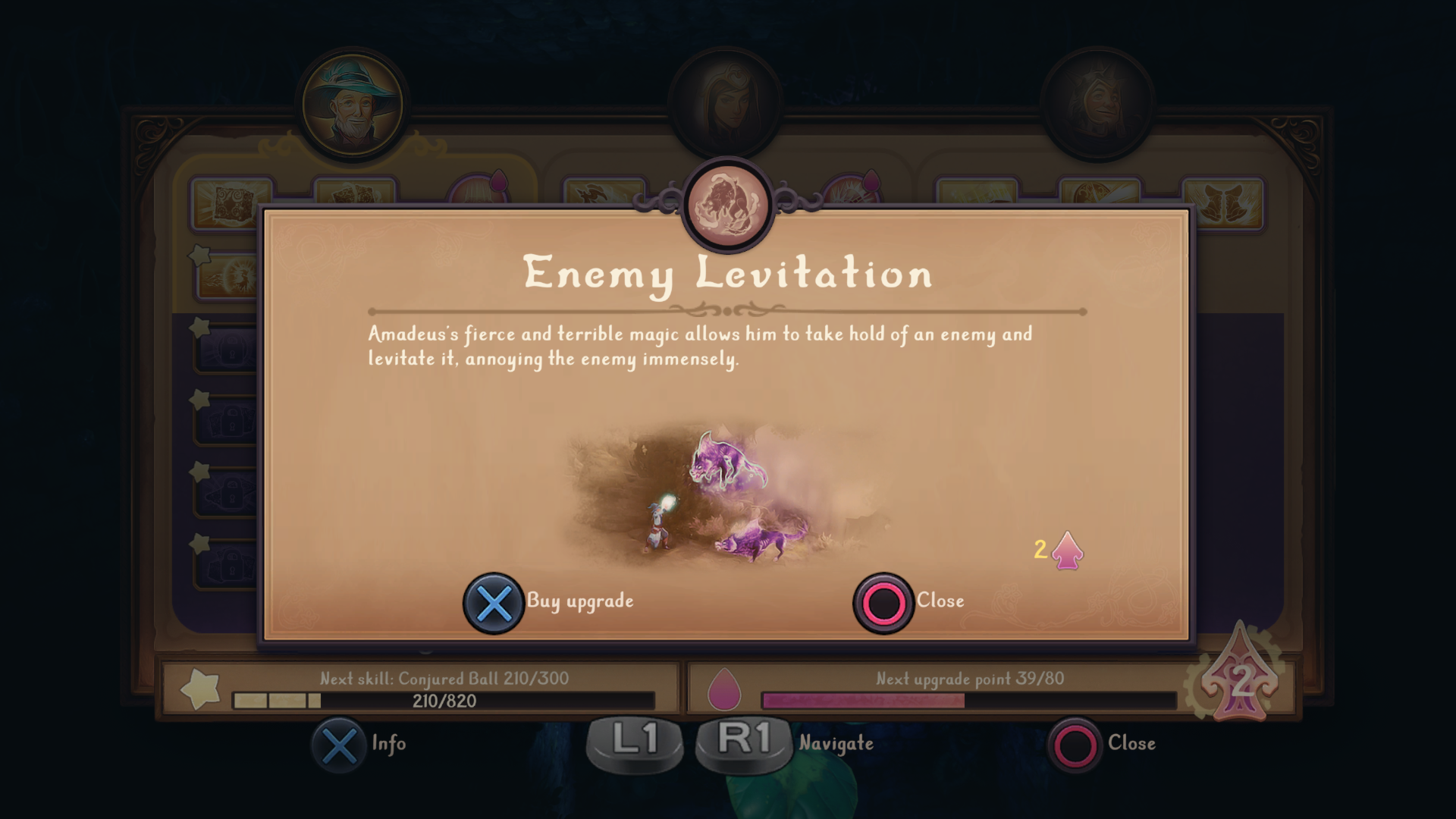
-
Trine 4 Review #27

-
Trine 4 Review #28
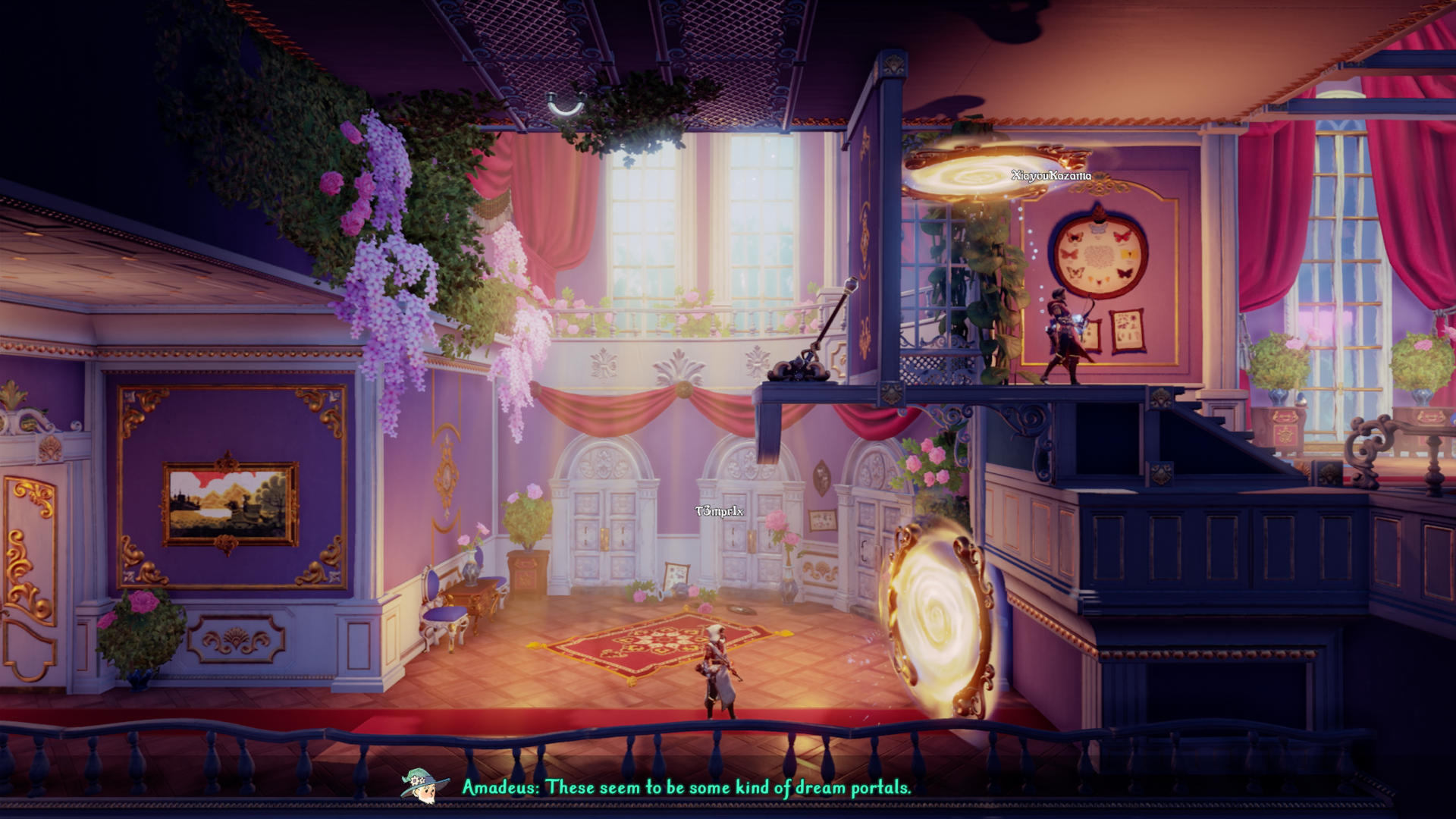
-
Trine 4 Review #29
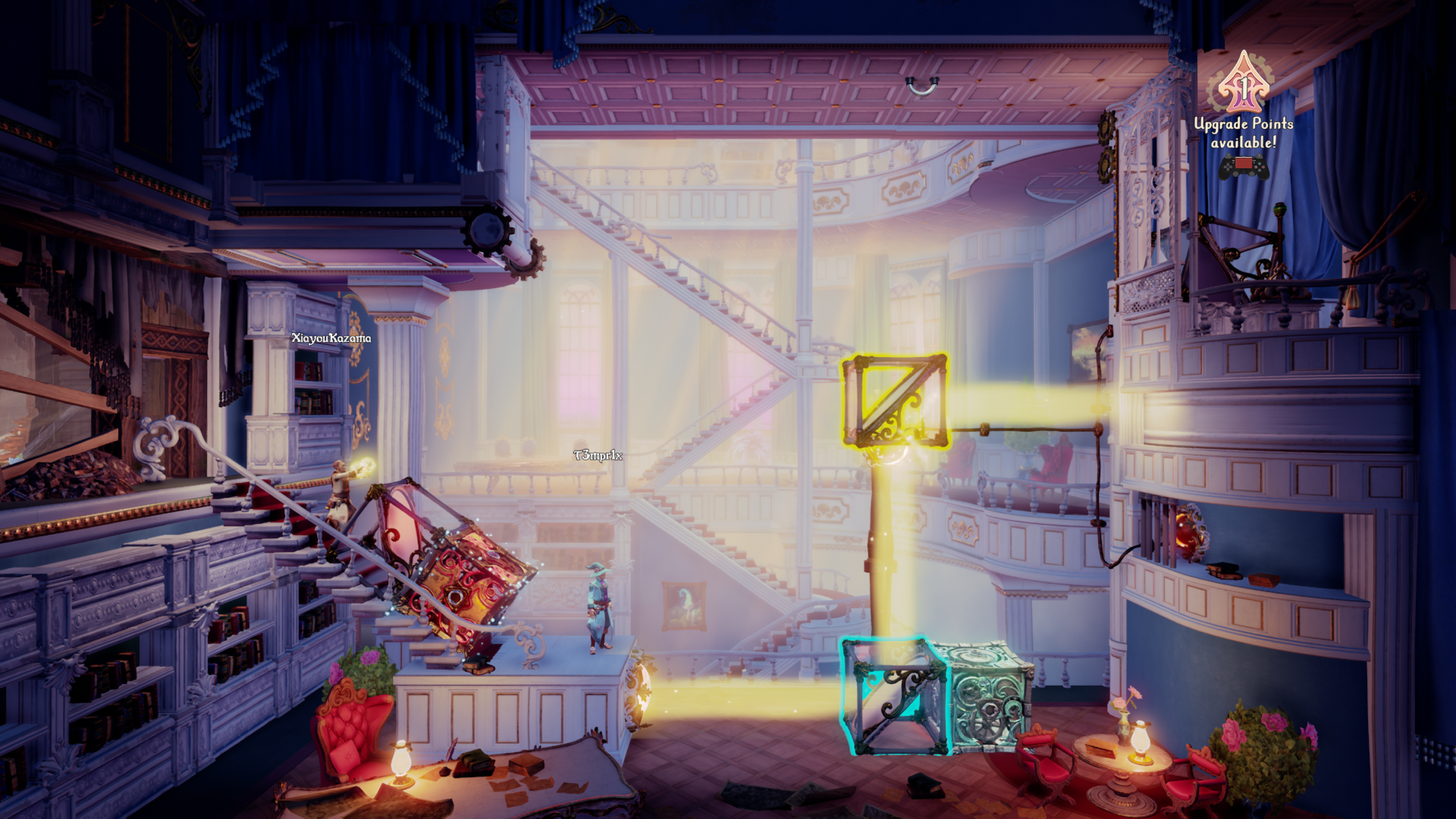
-
Trine 4 Review #30
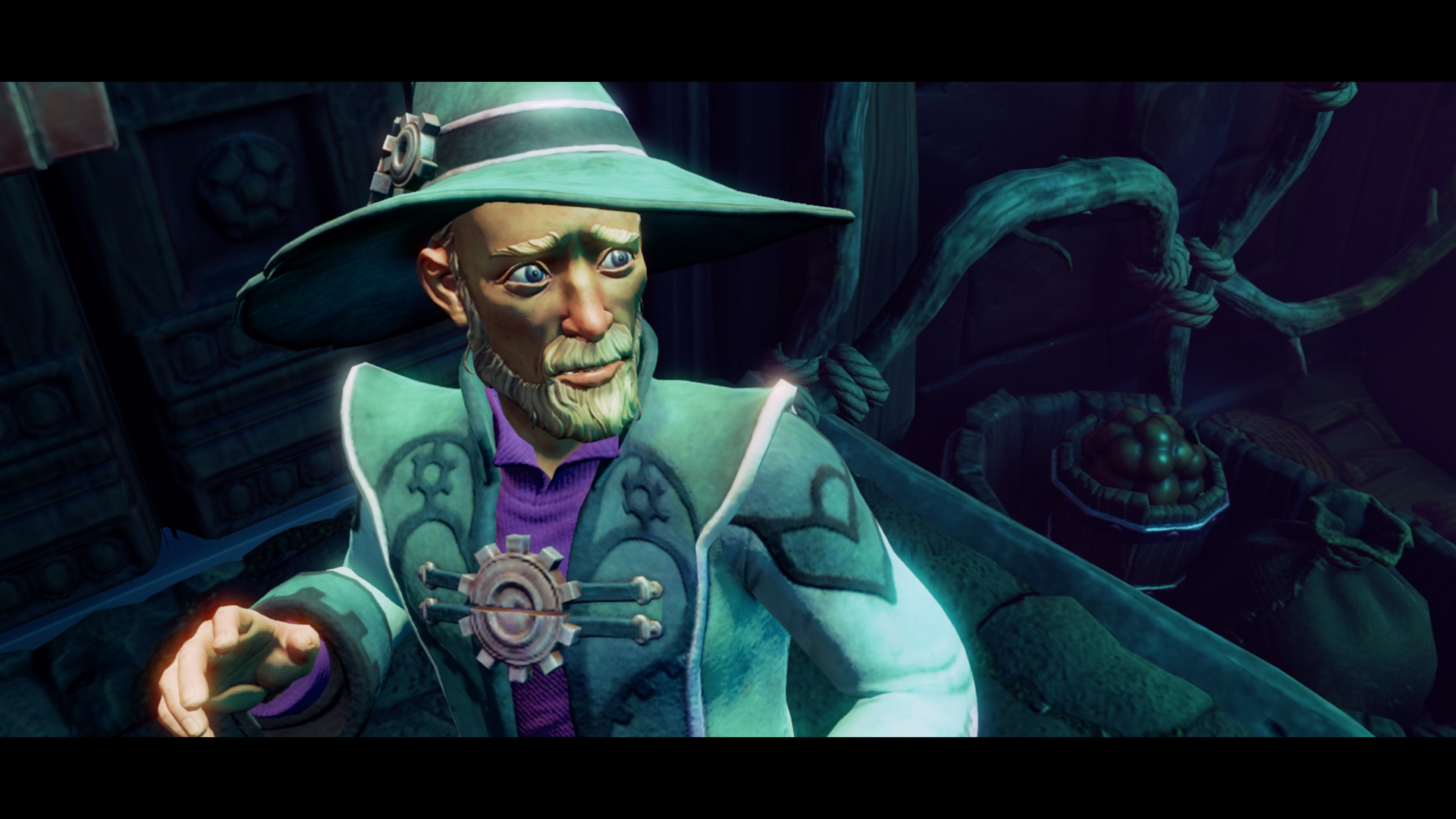
-
Trine 4 Review #31
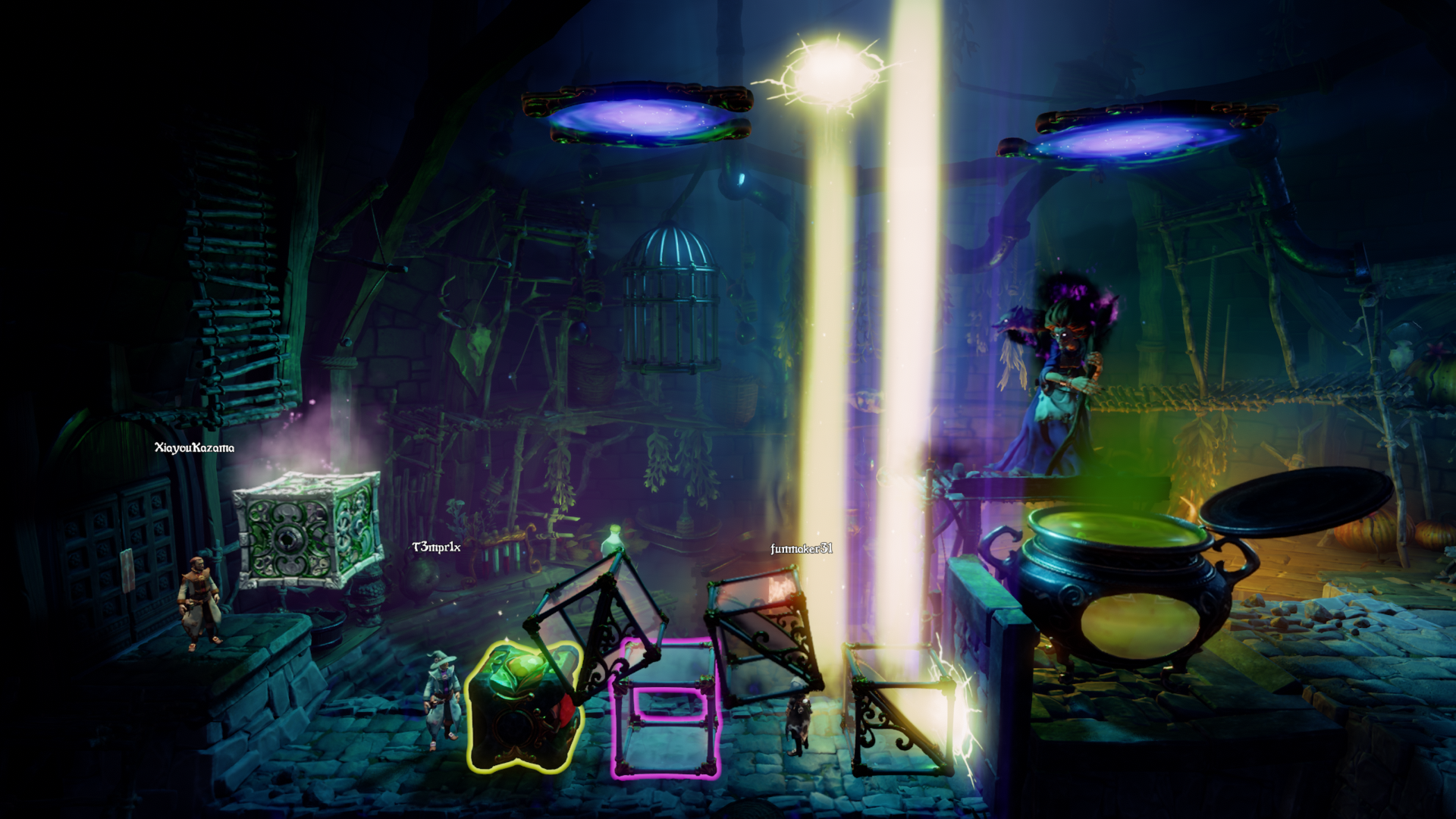
-
Trine 4 Review #32

-
Trine 4 Review #33
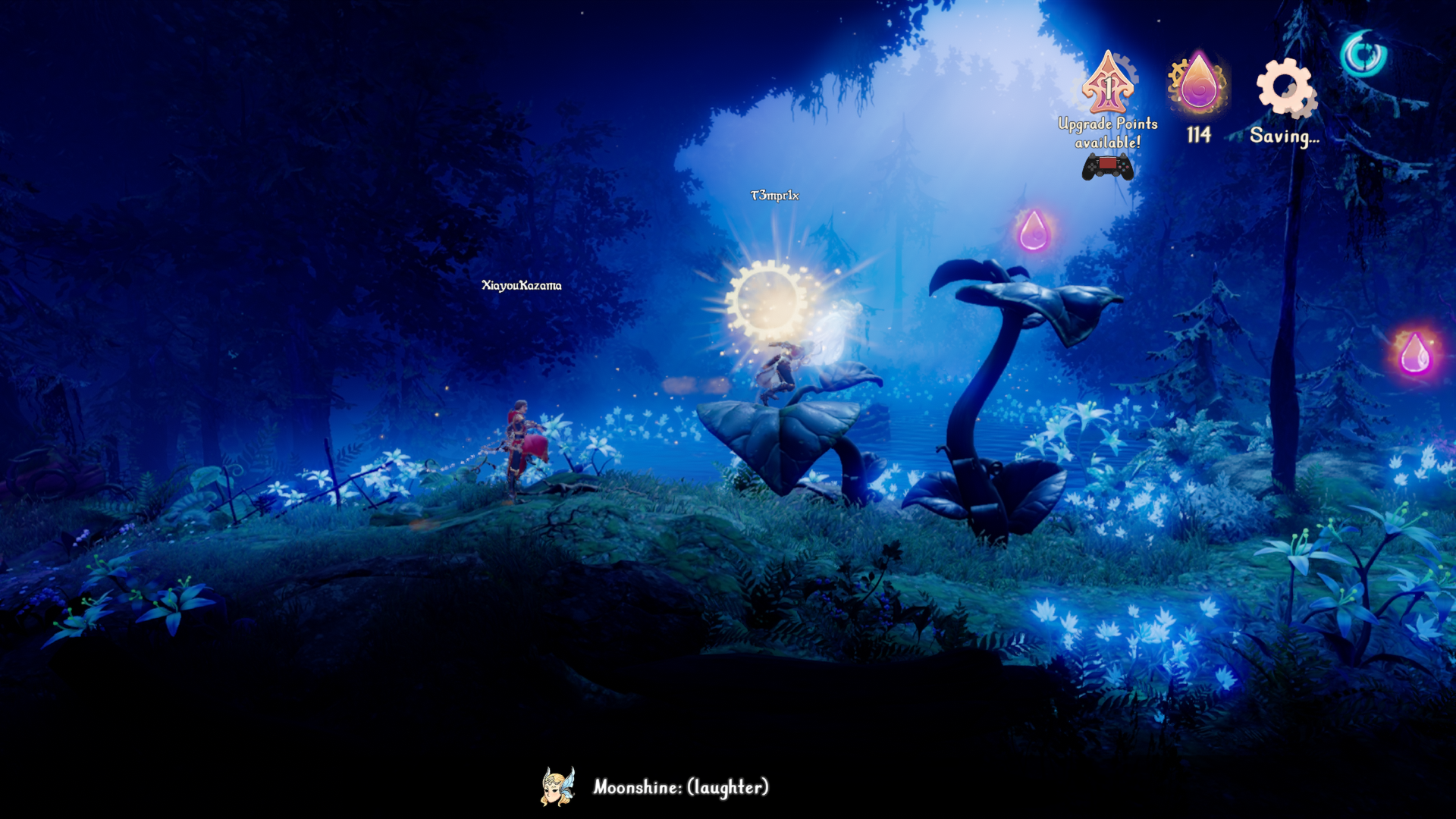
-
Trine 4 Review #34
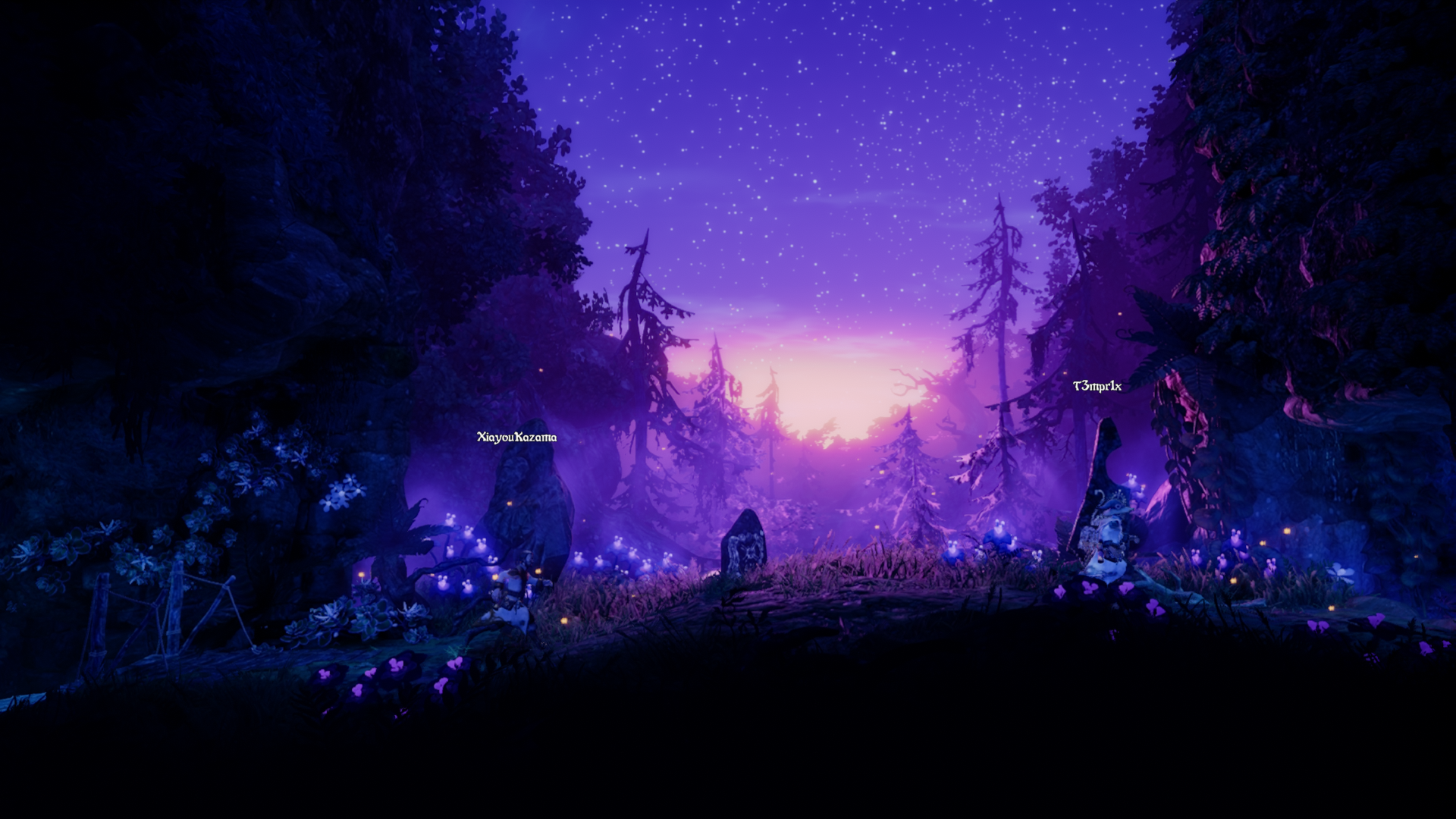
-
Trine 4 Review #35
